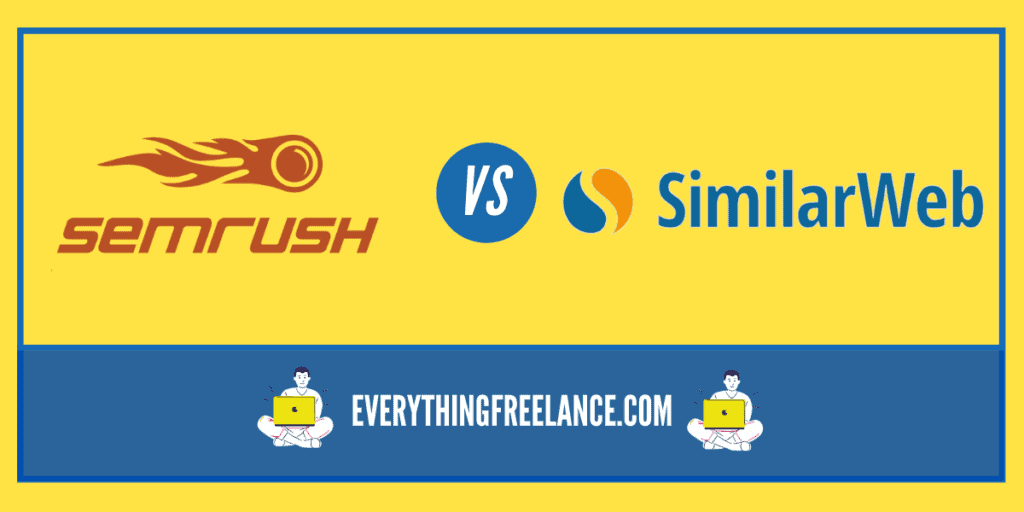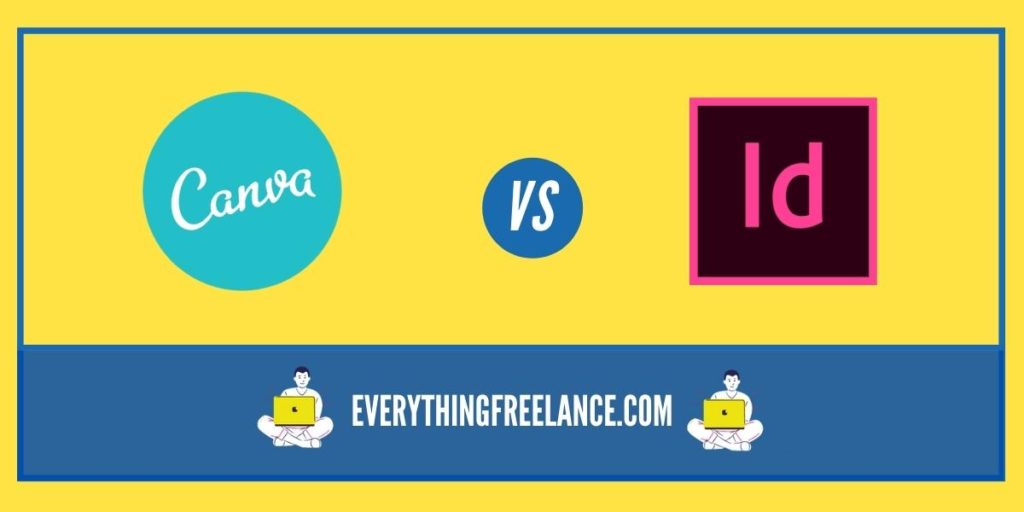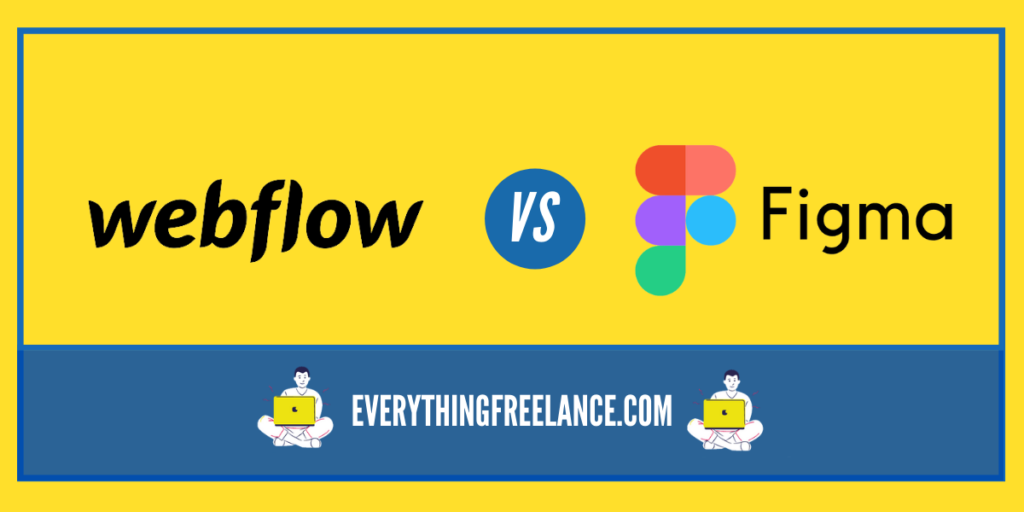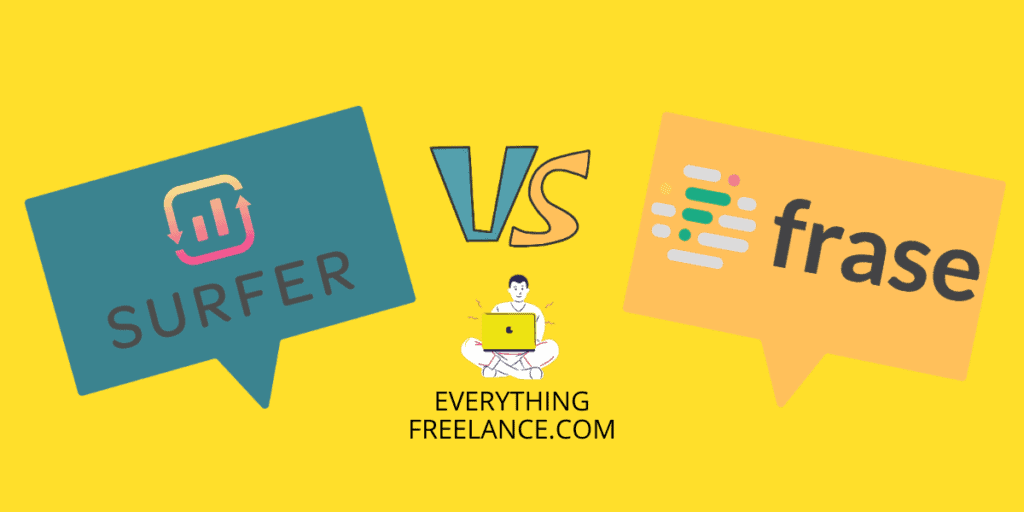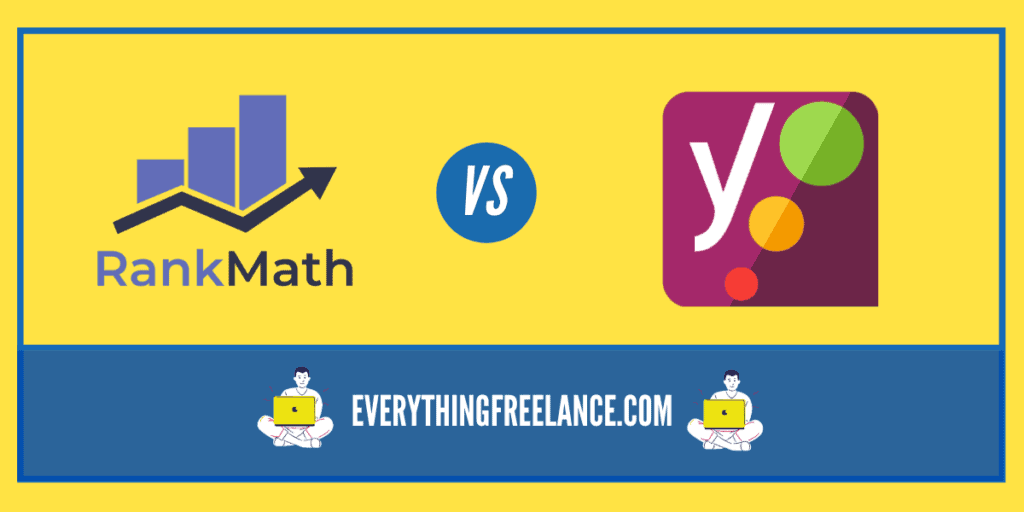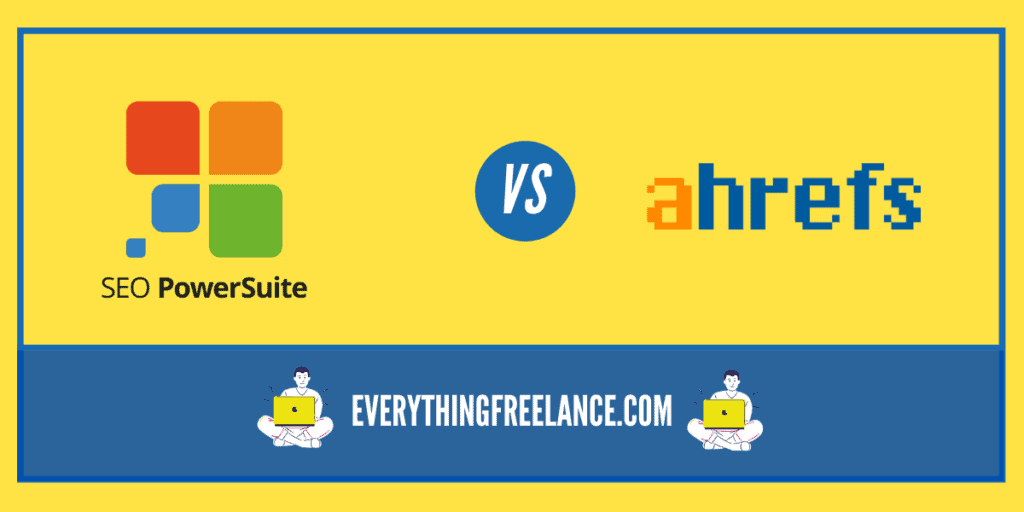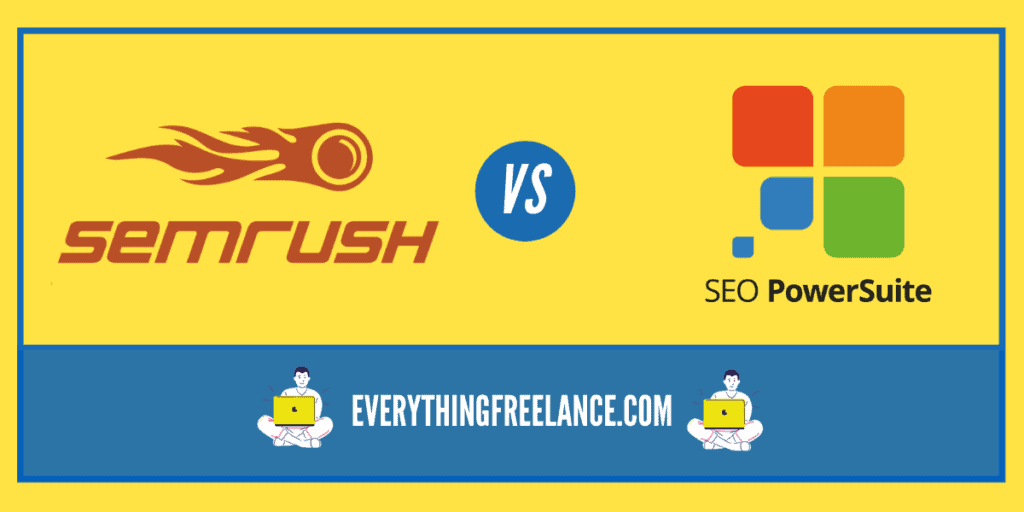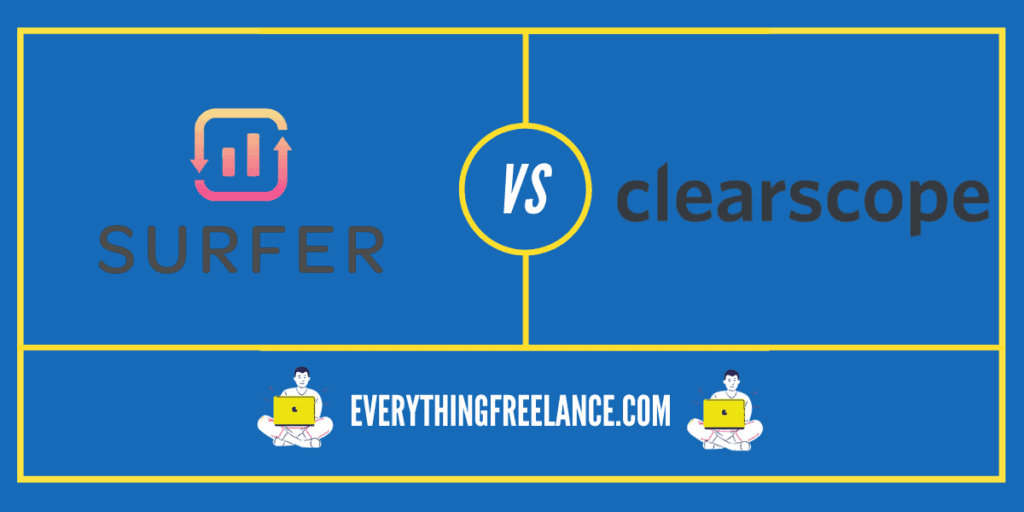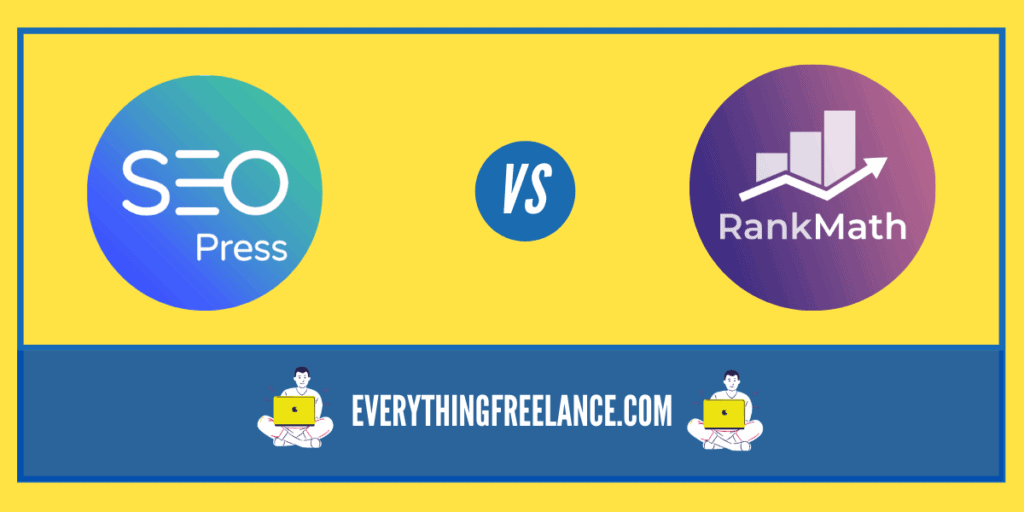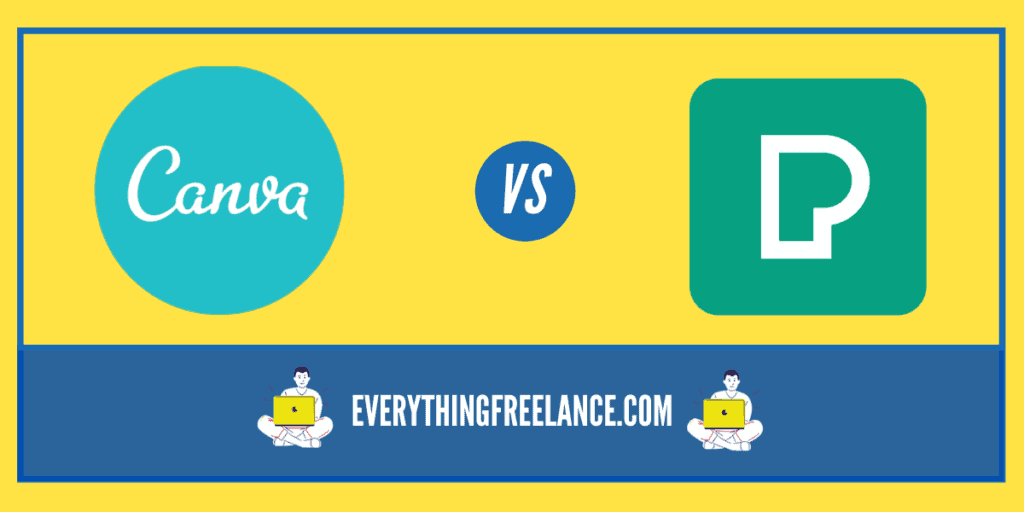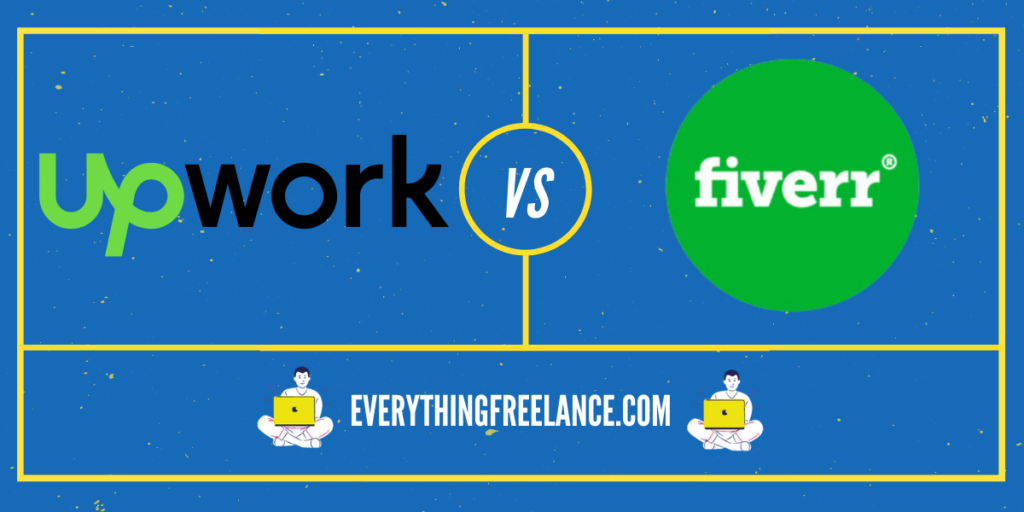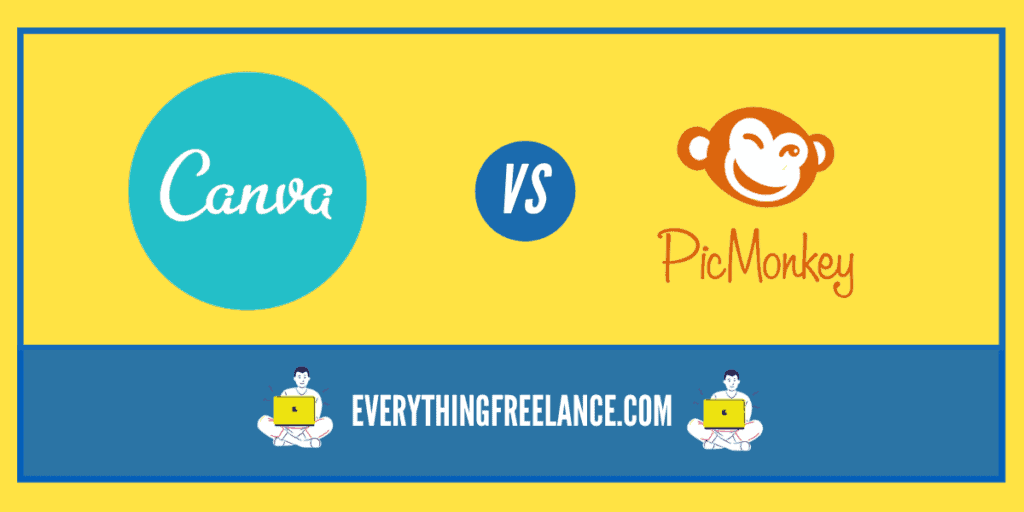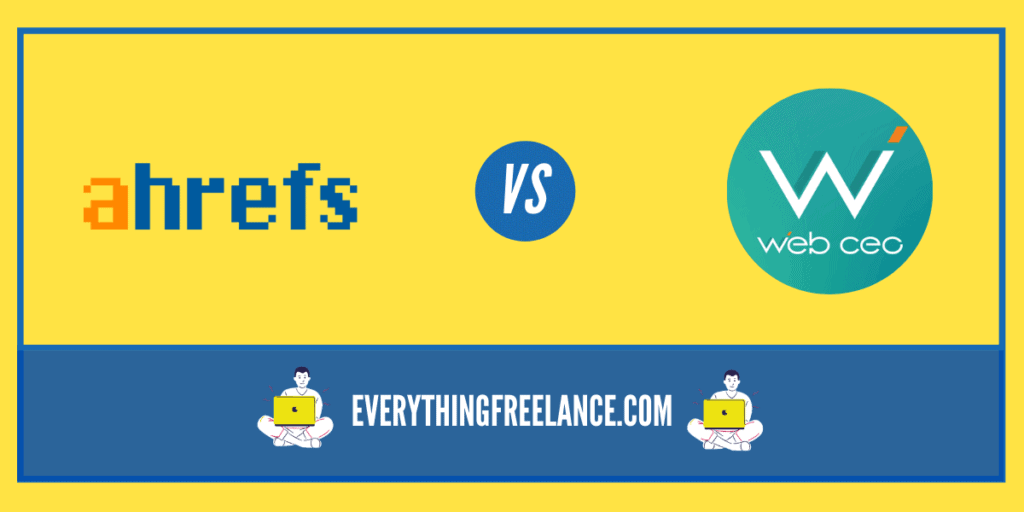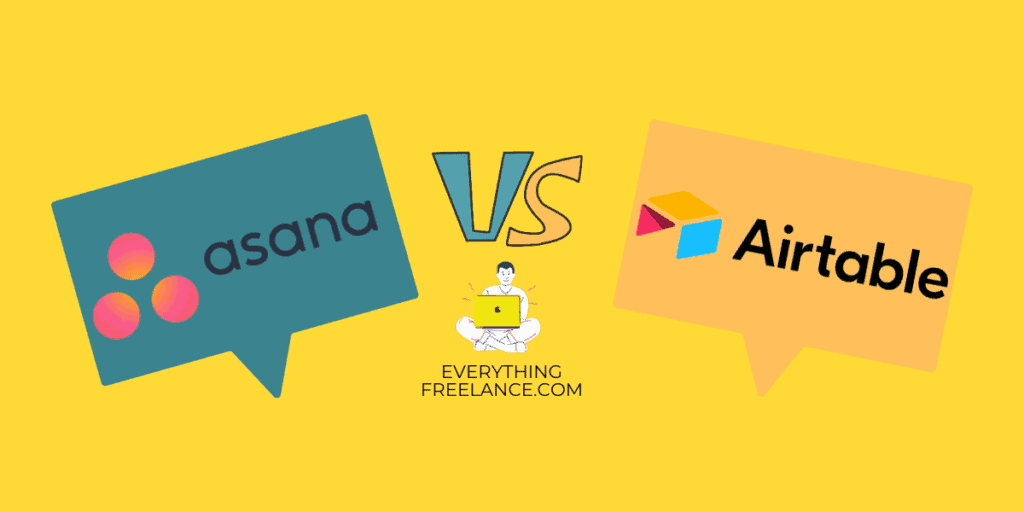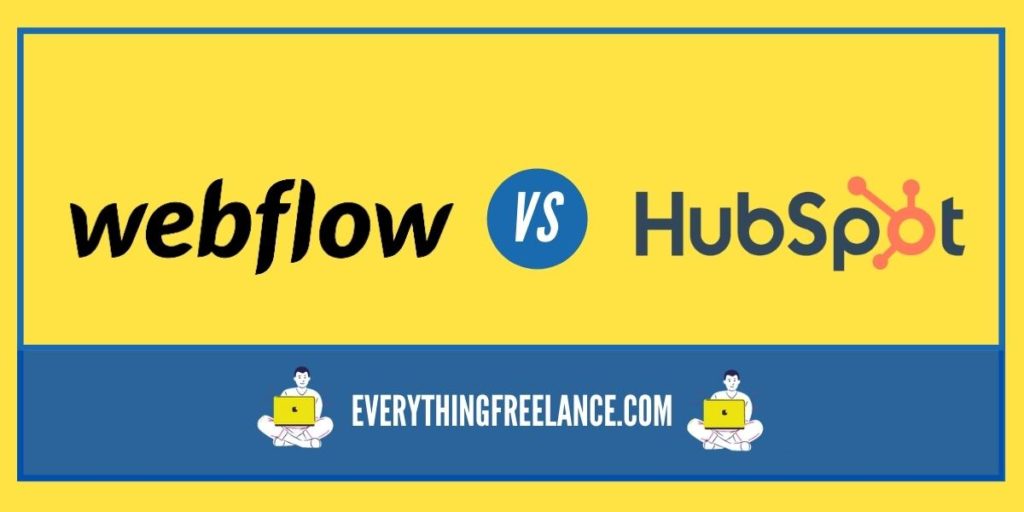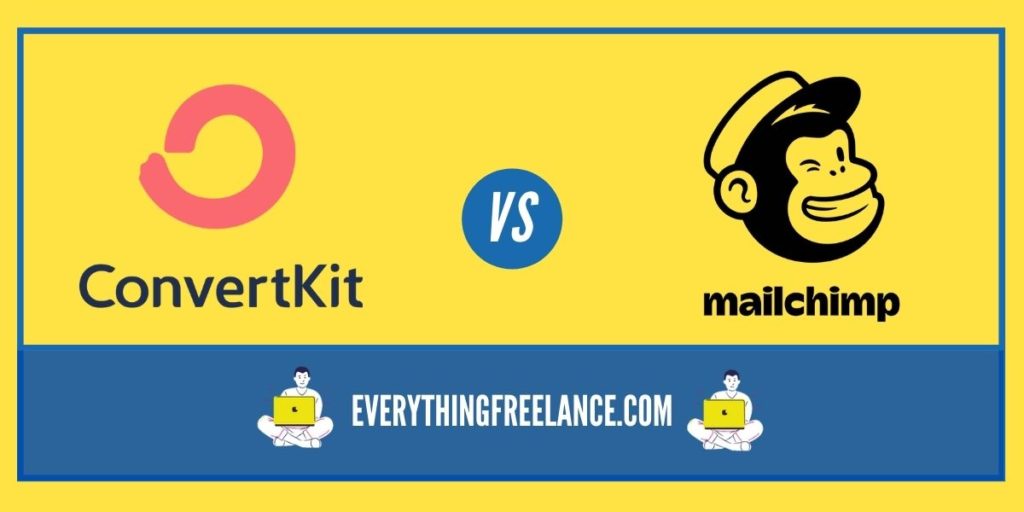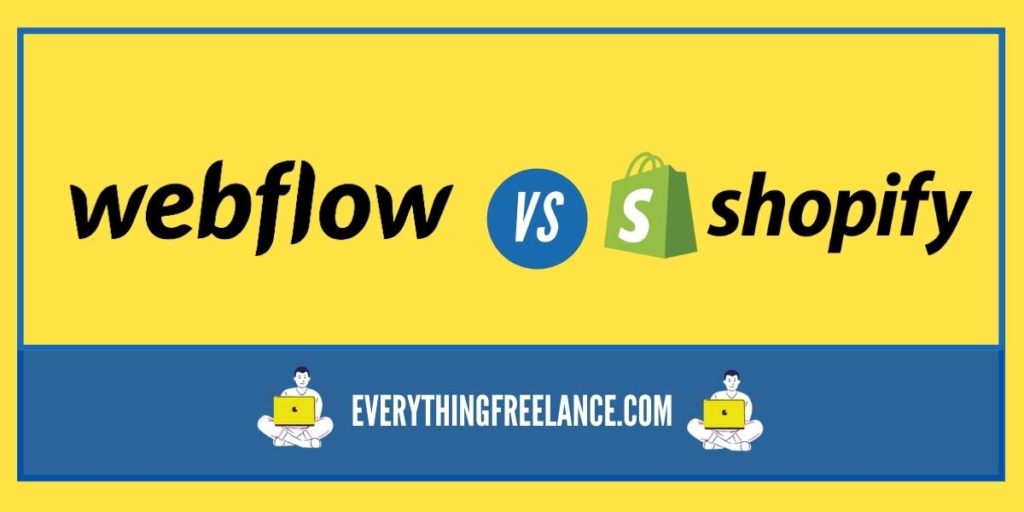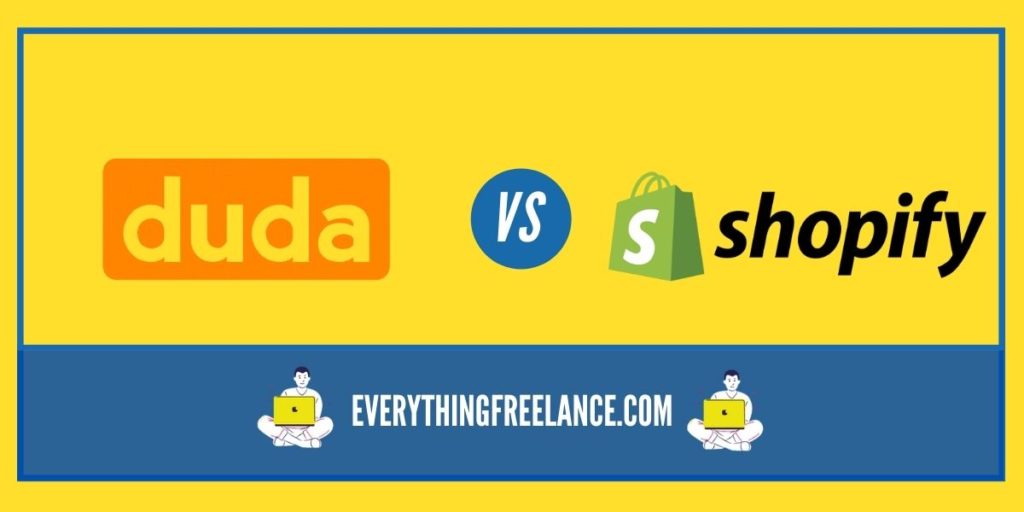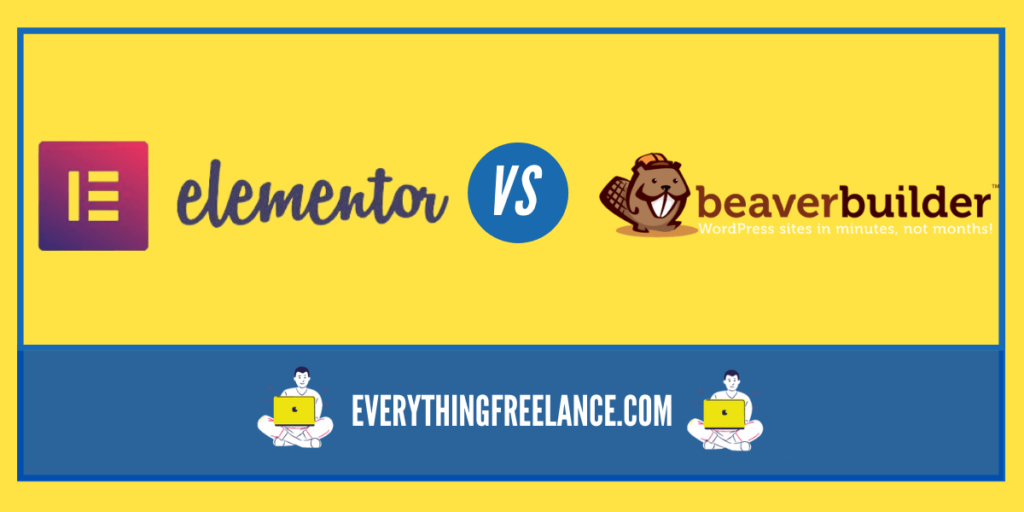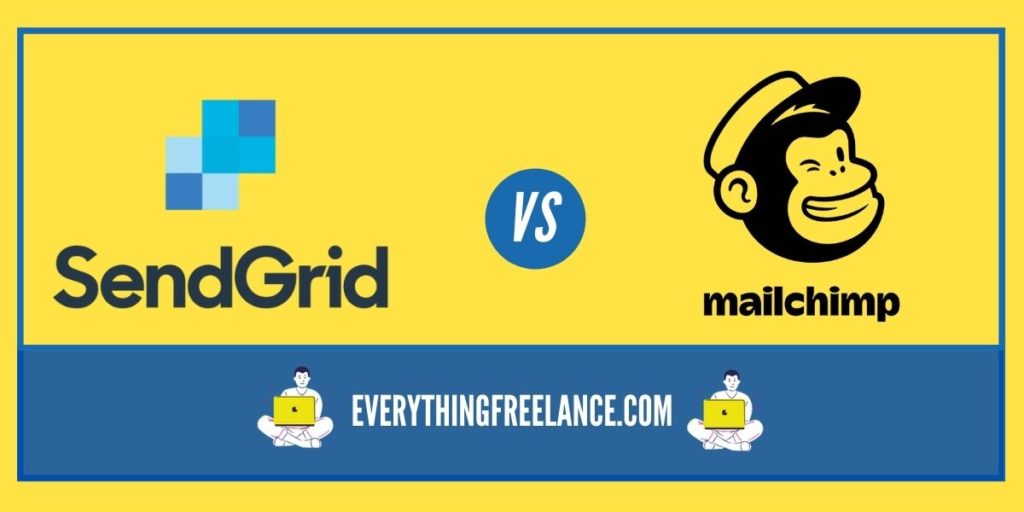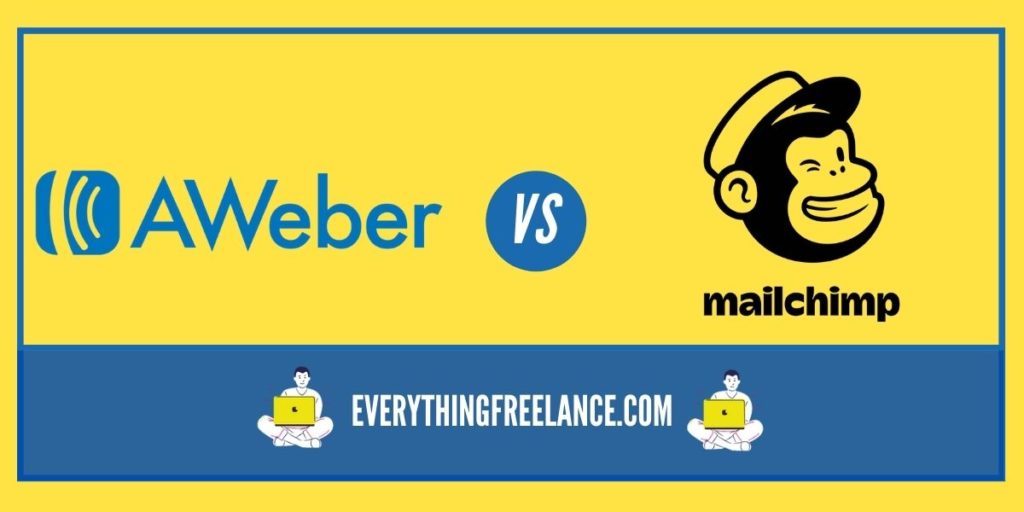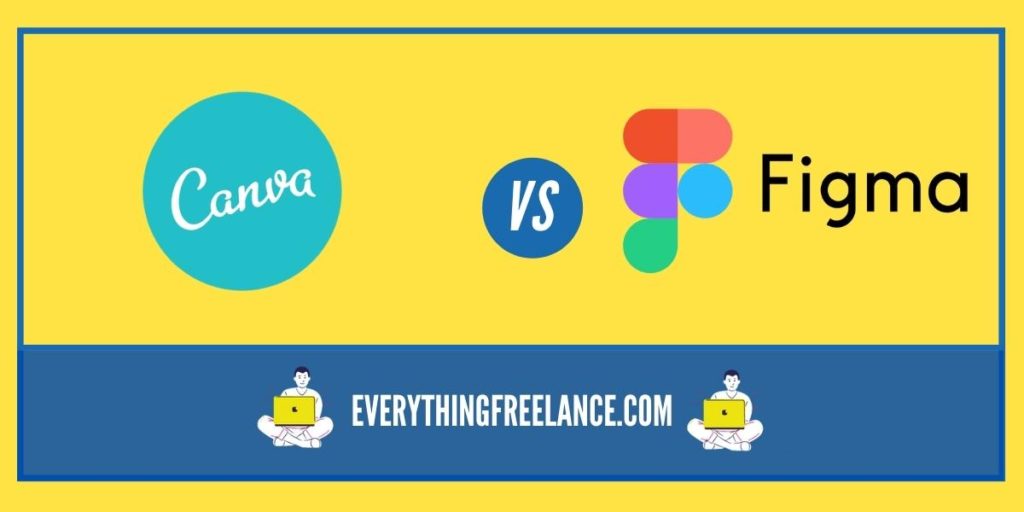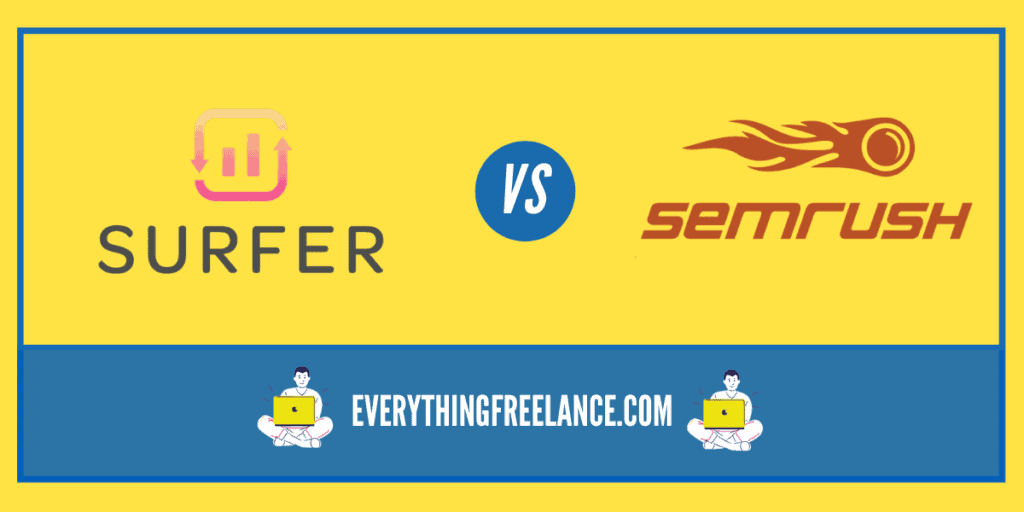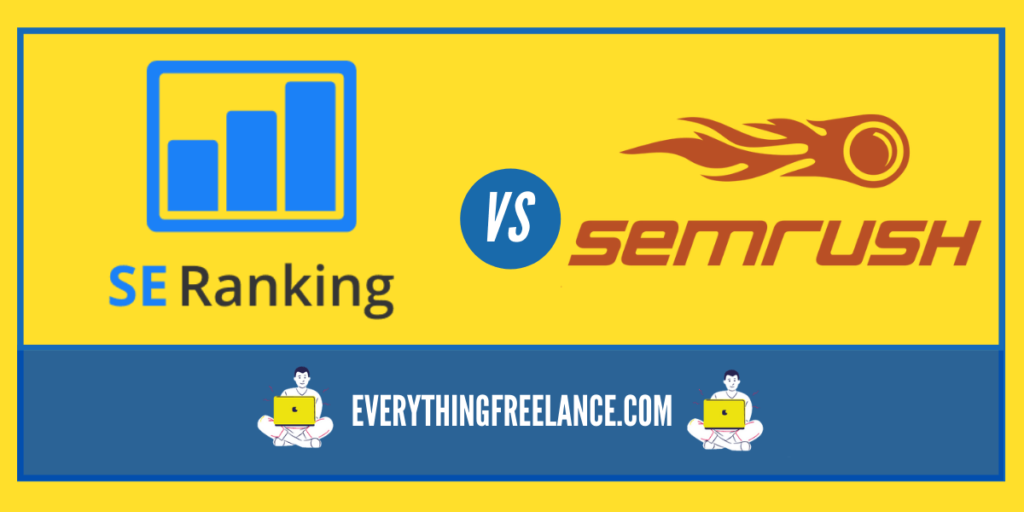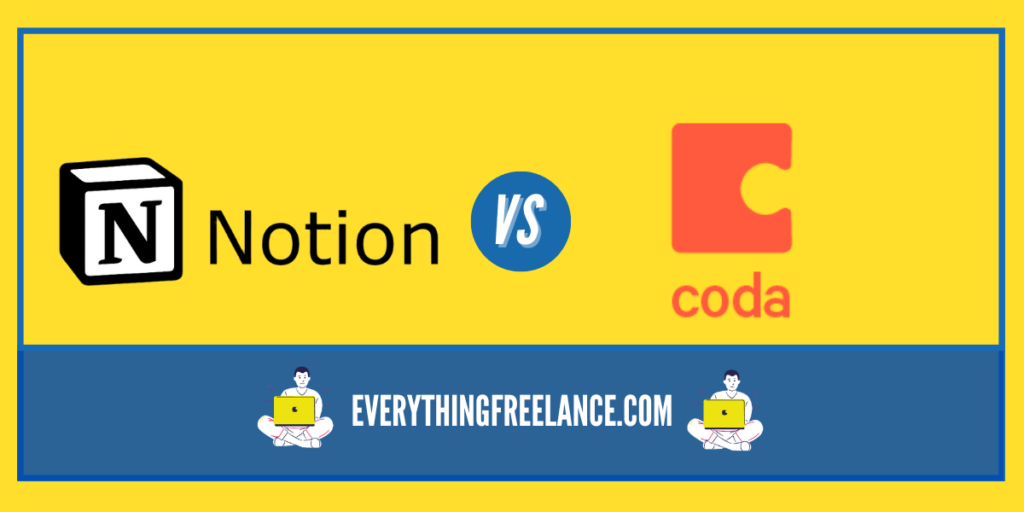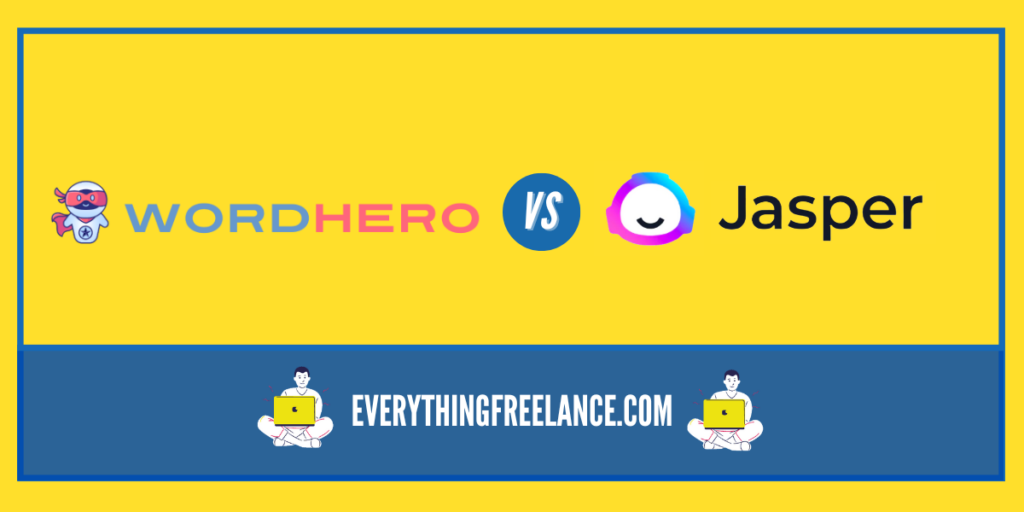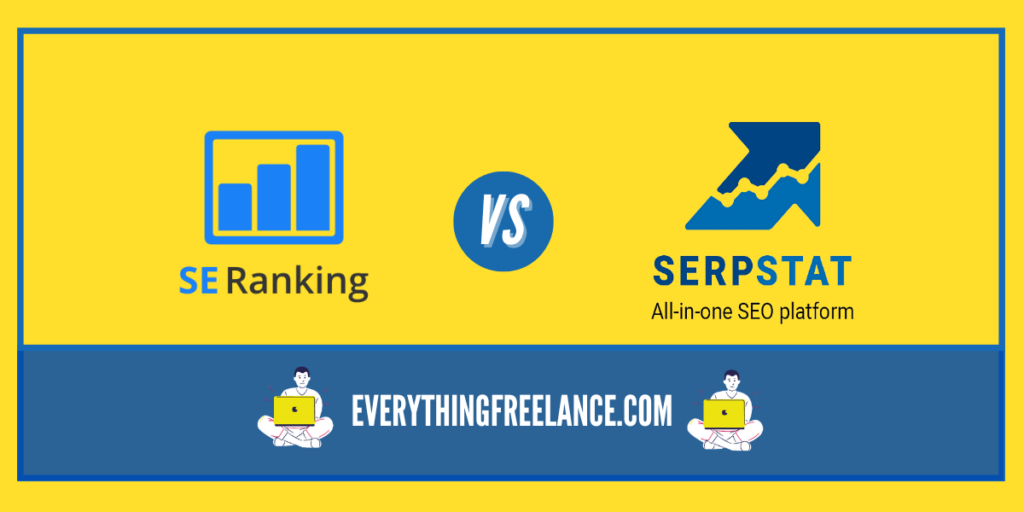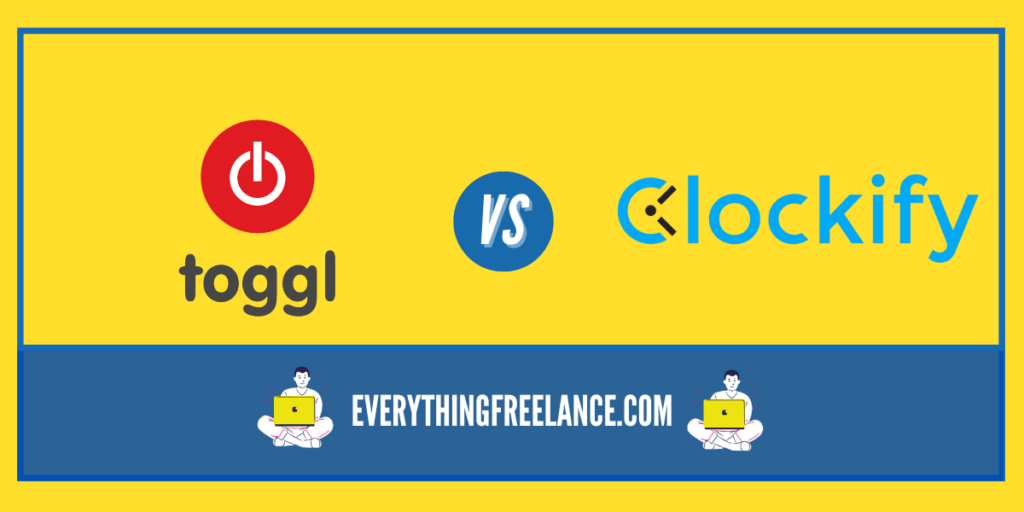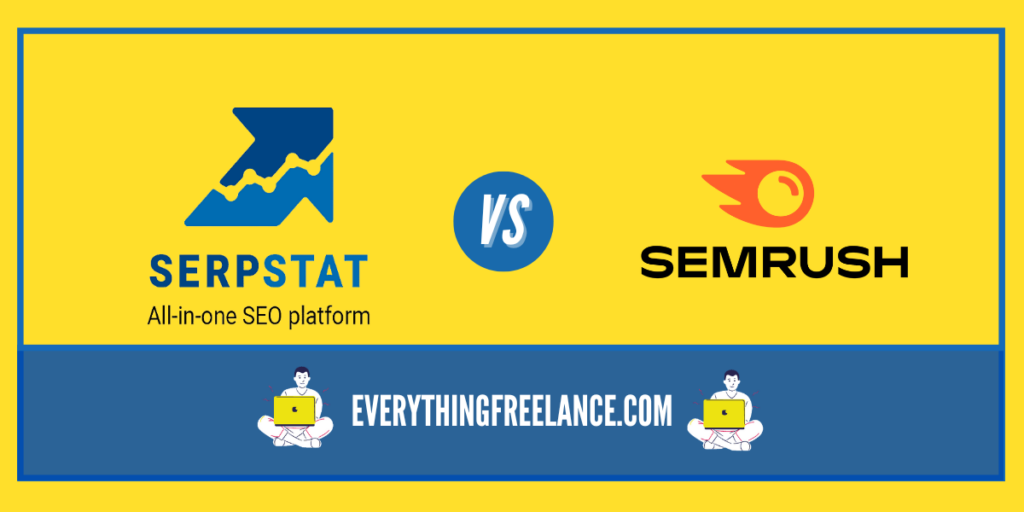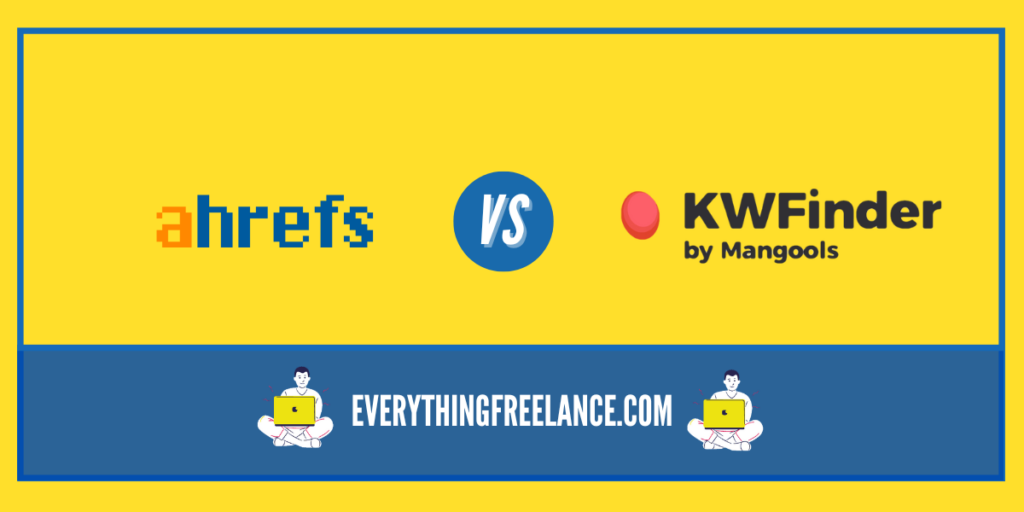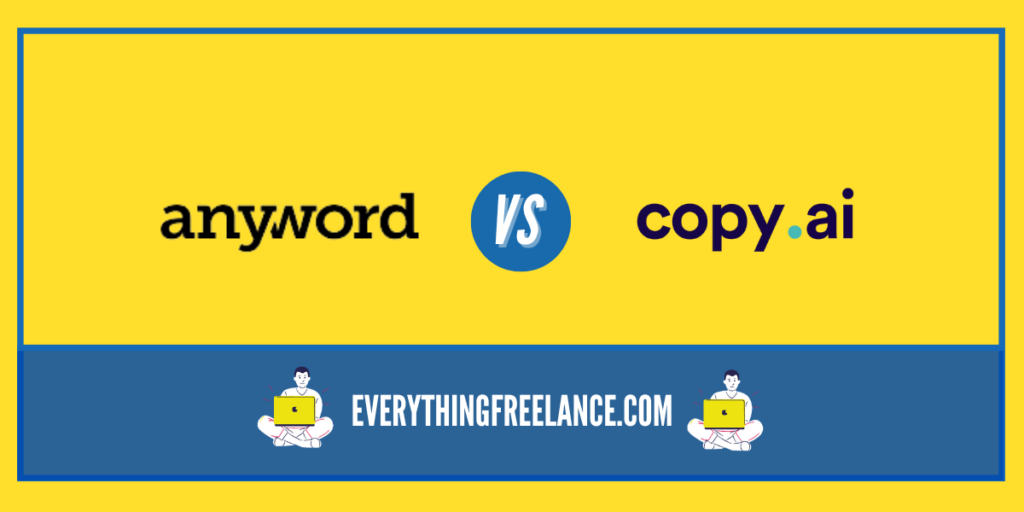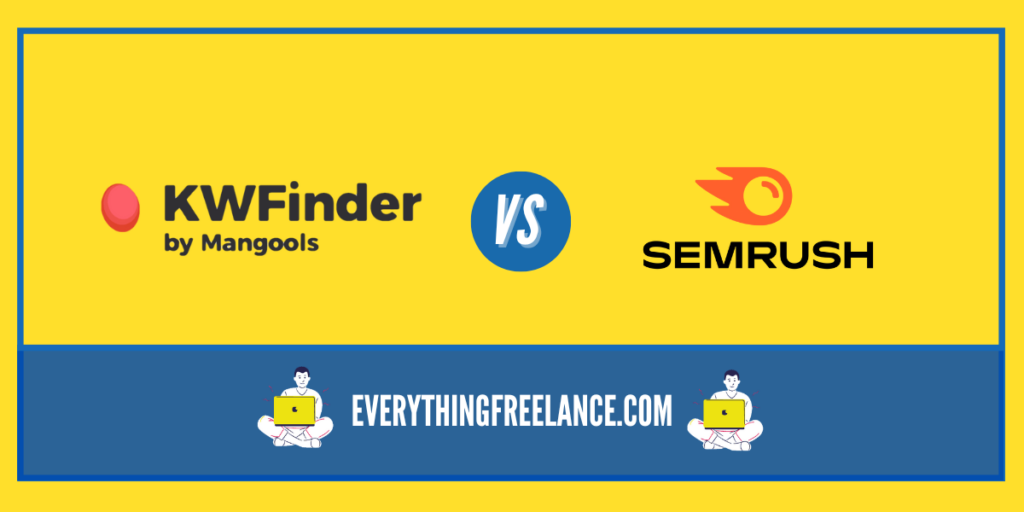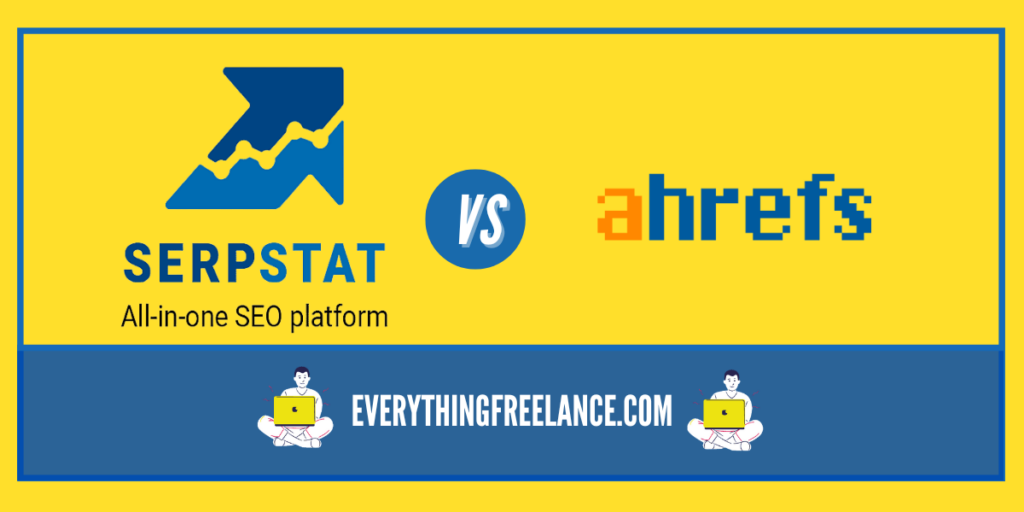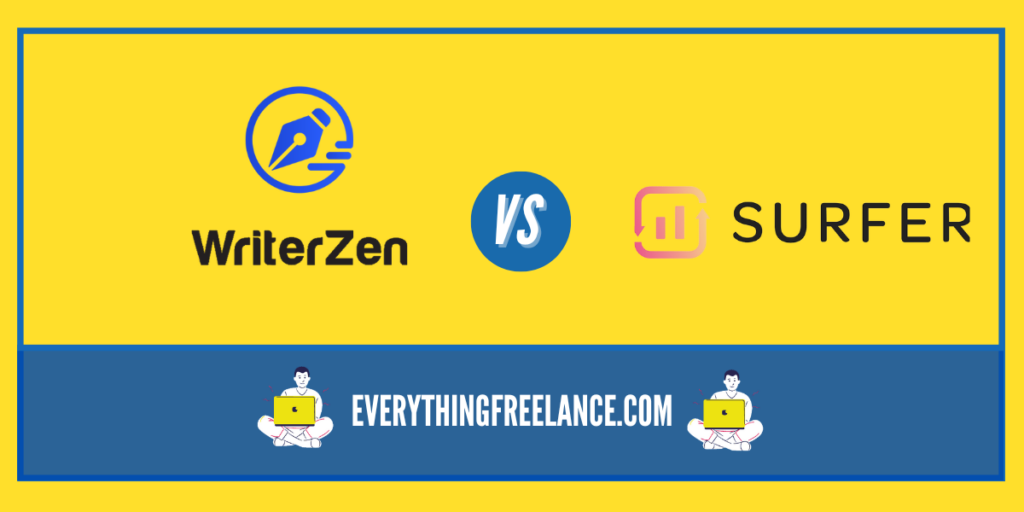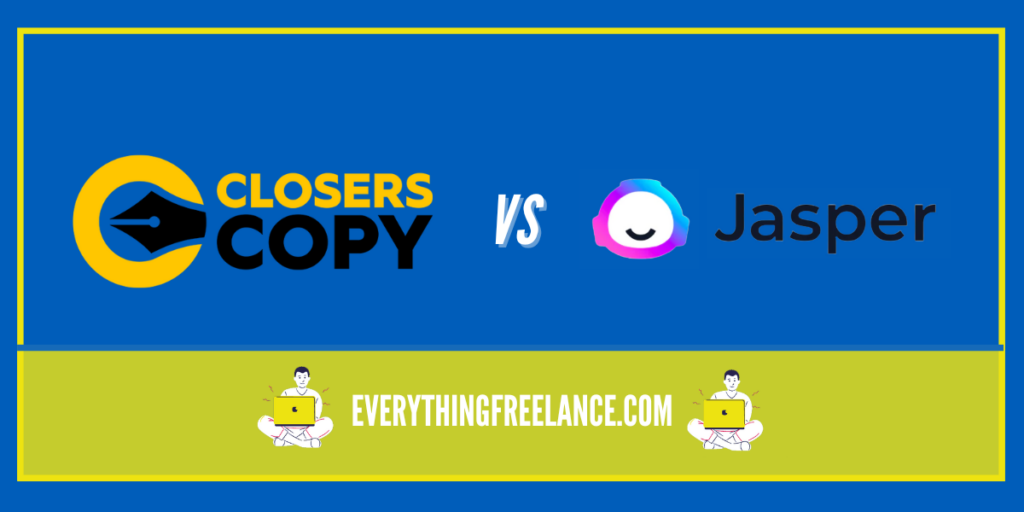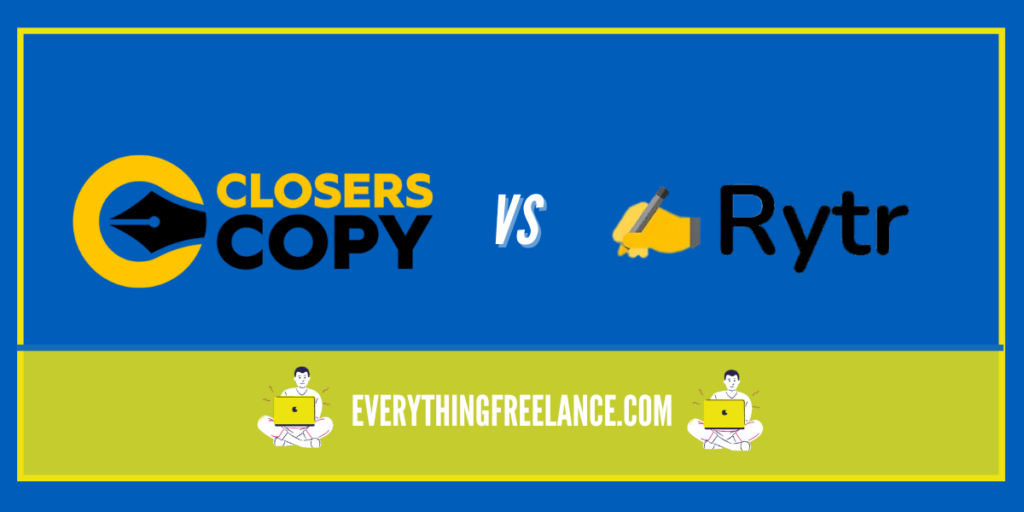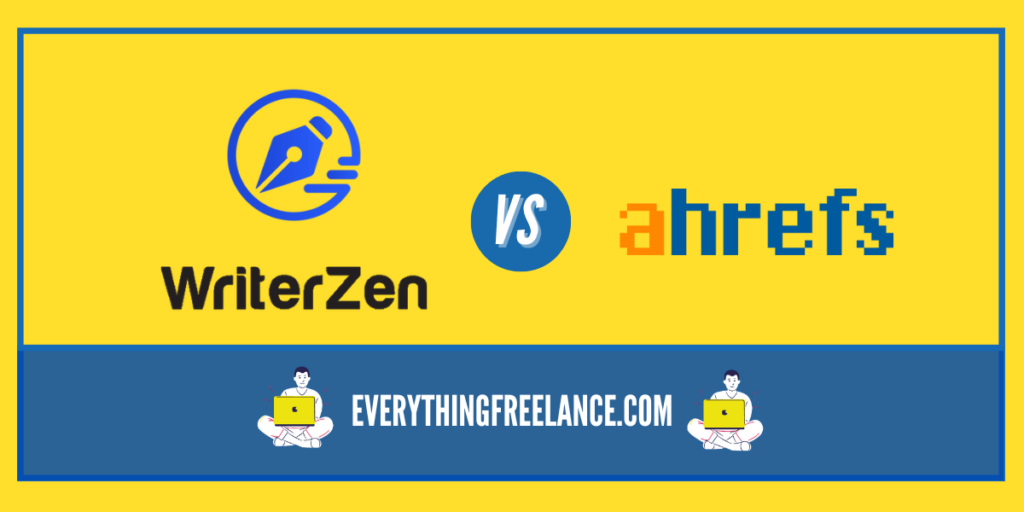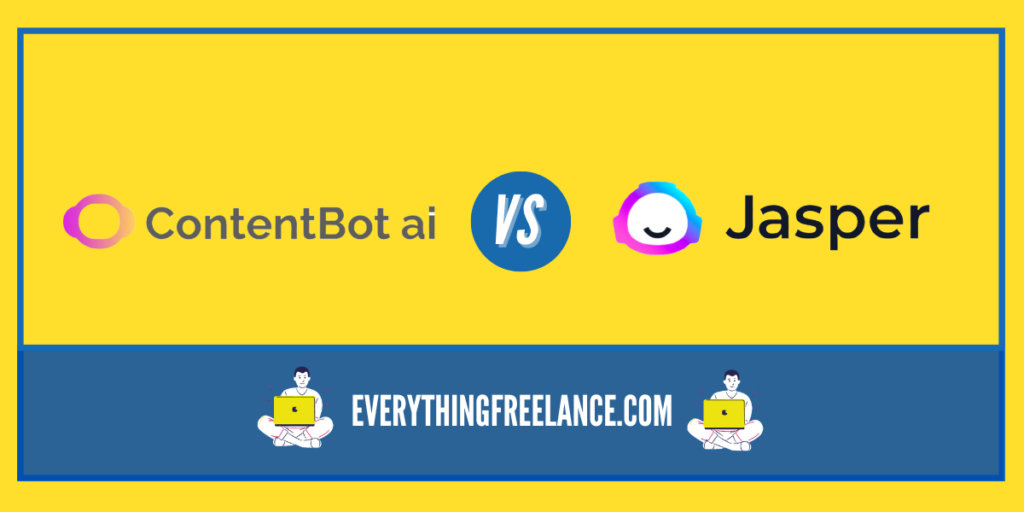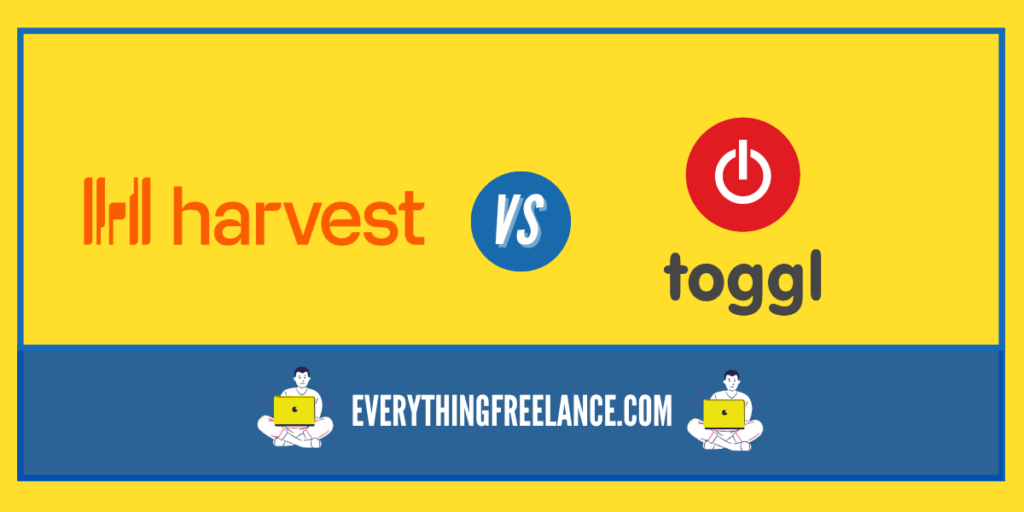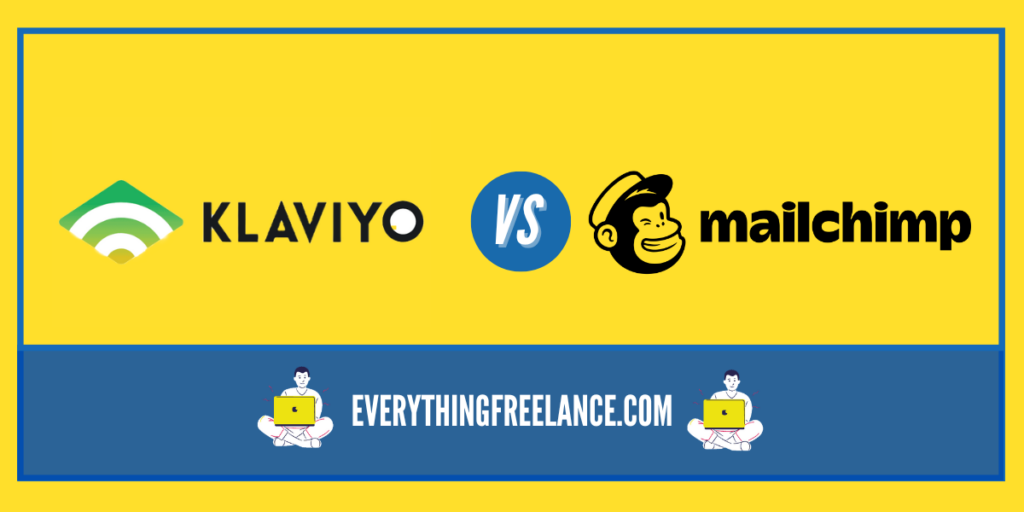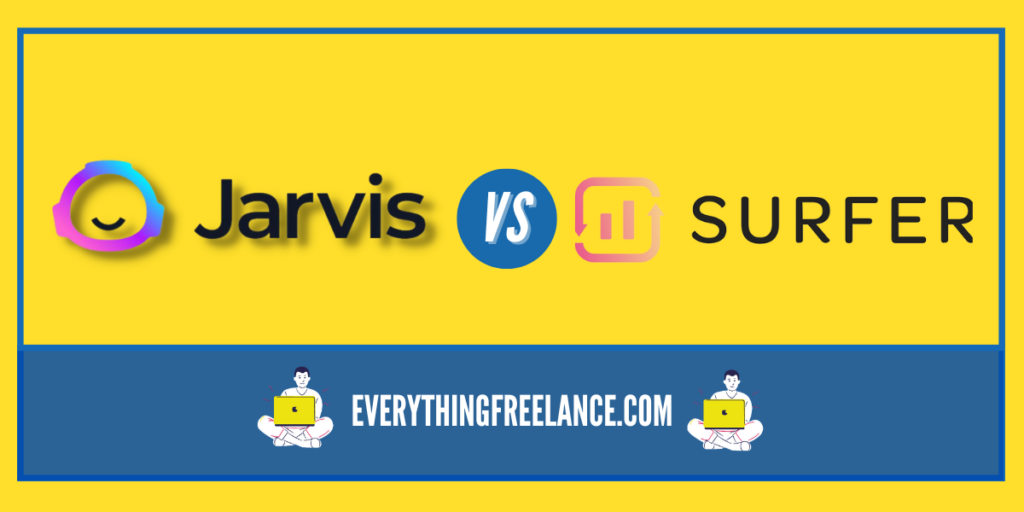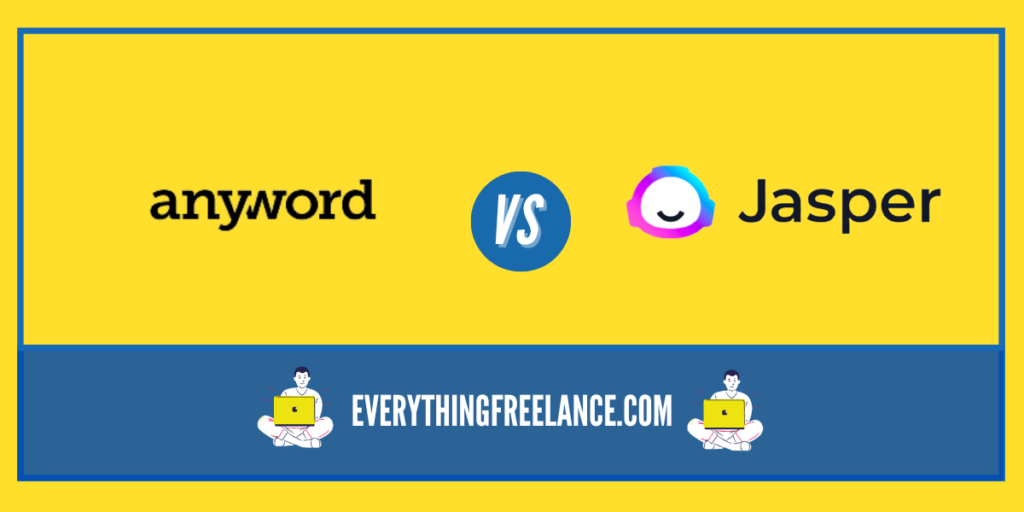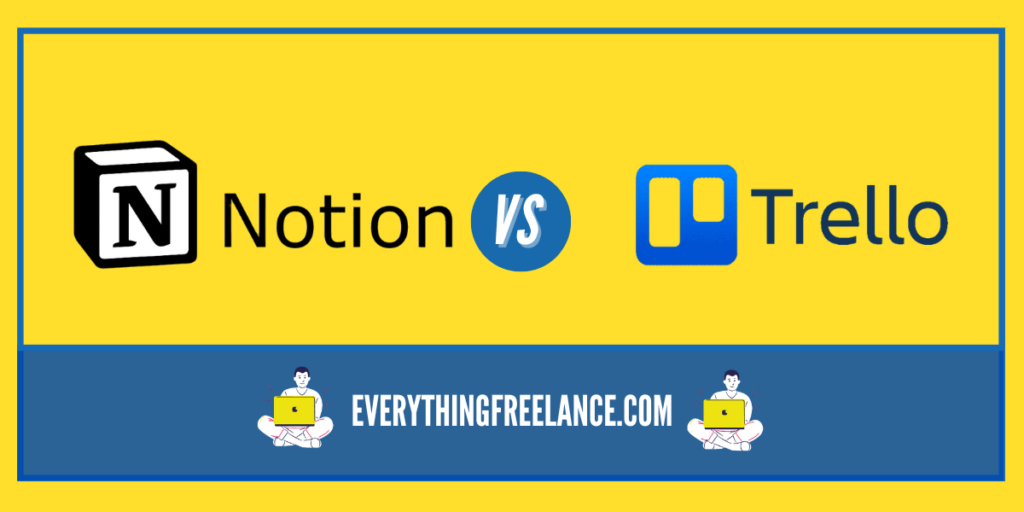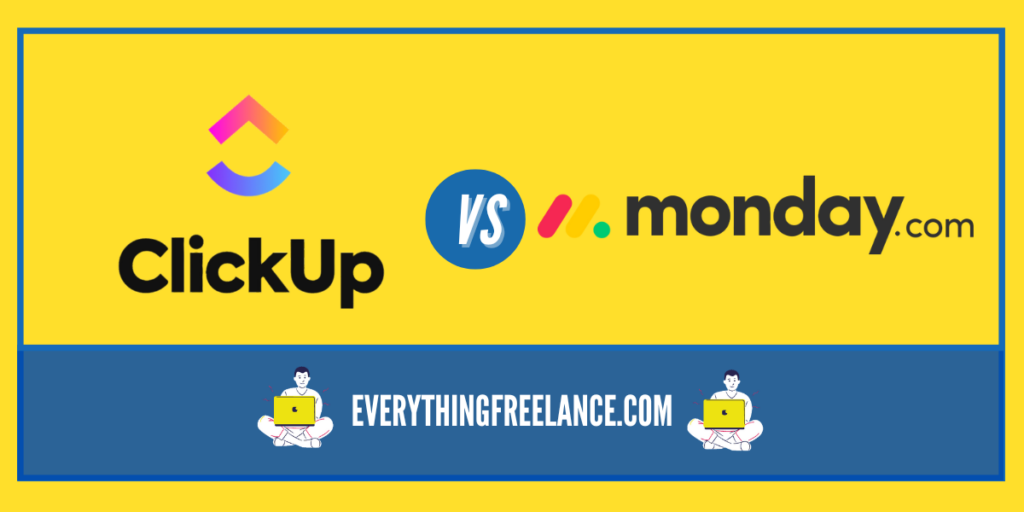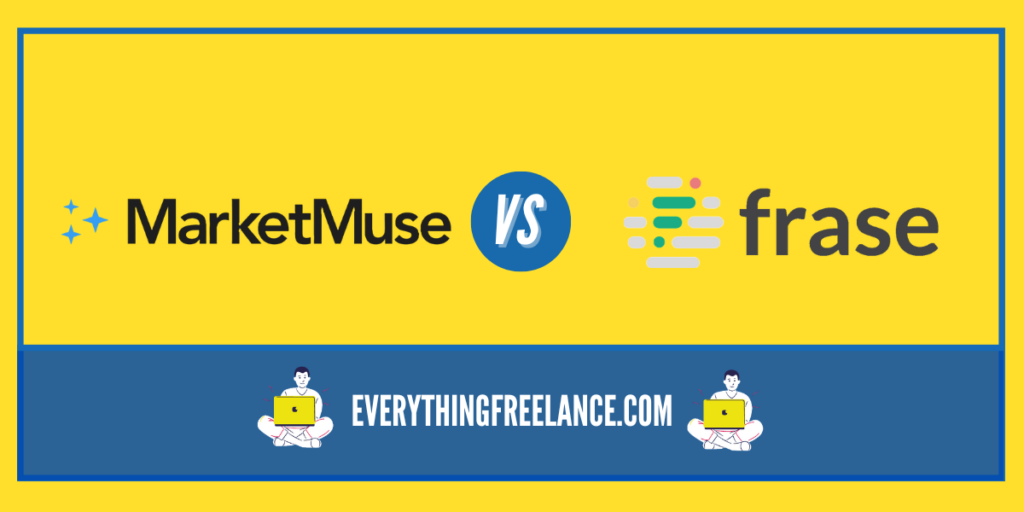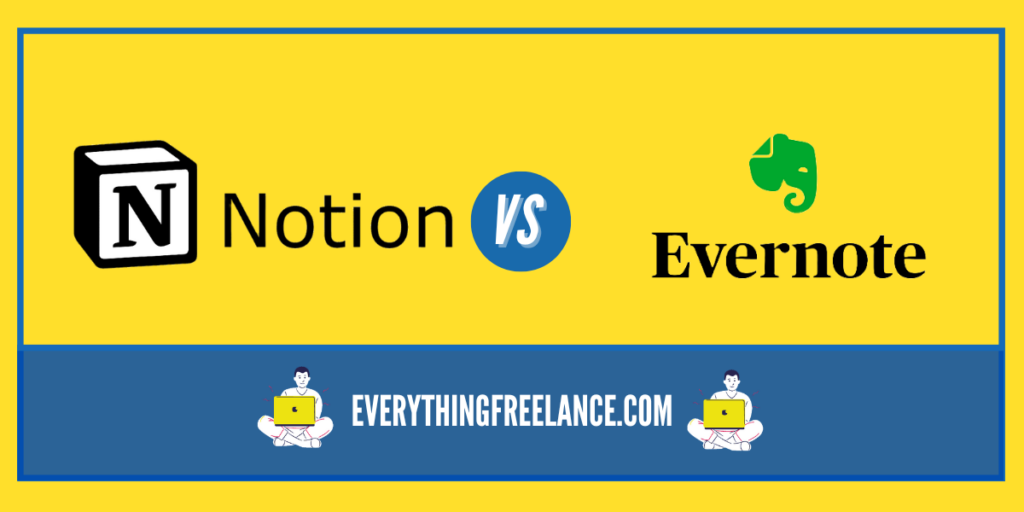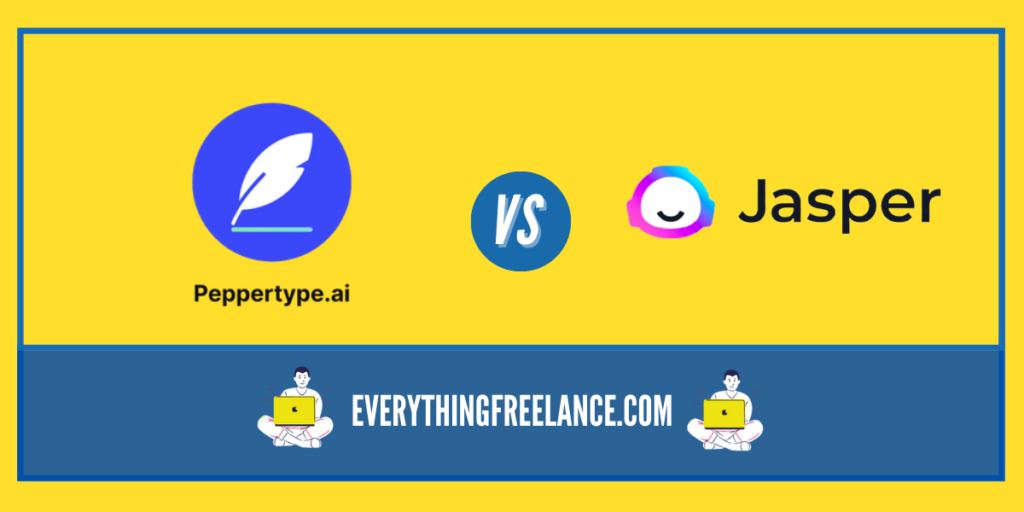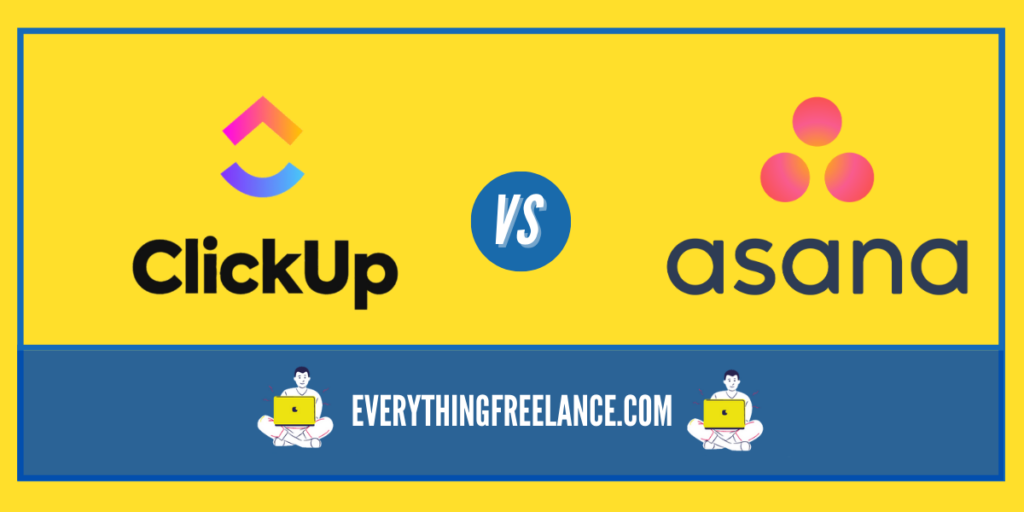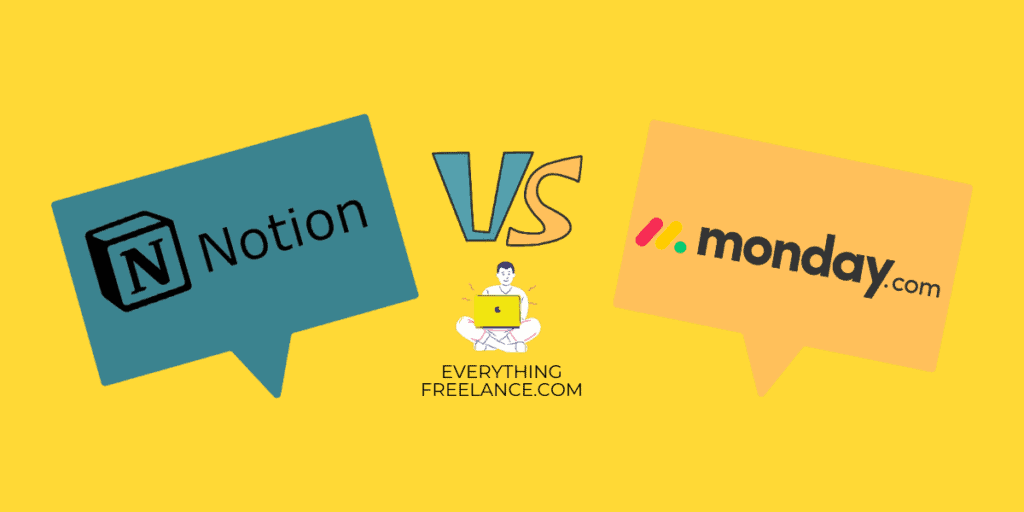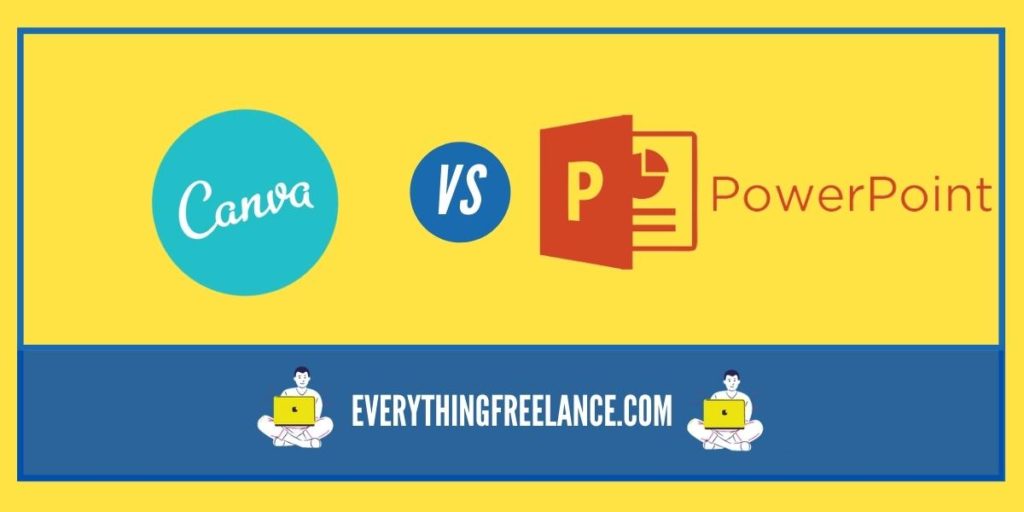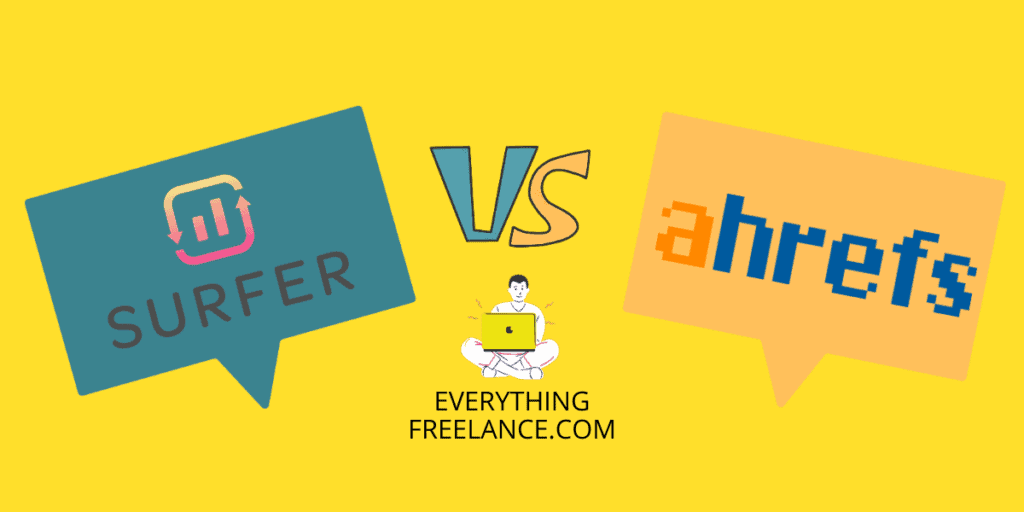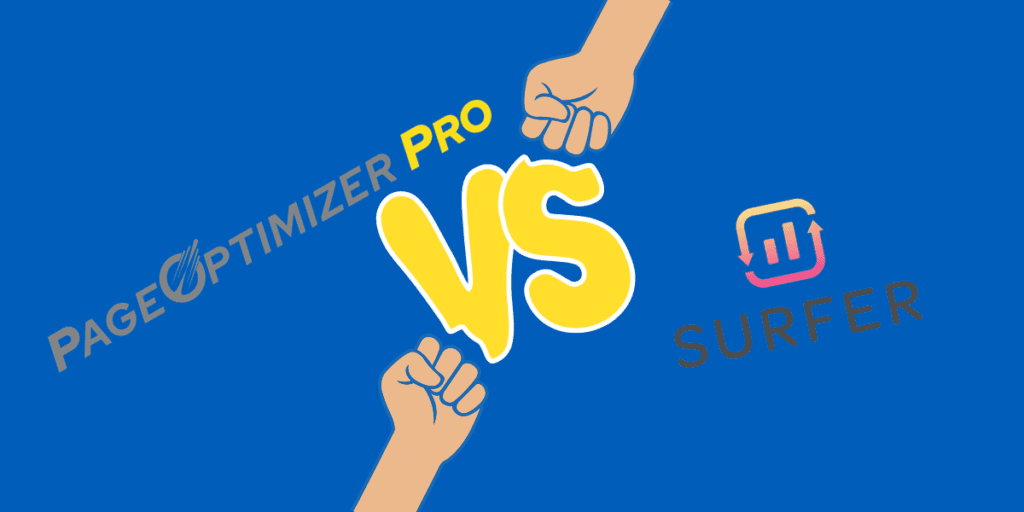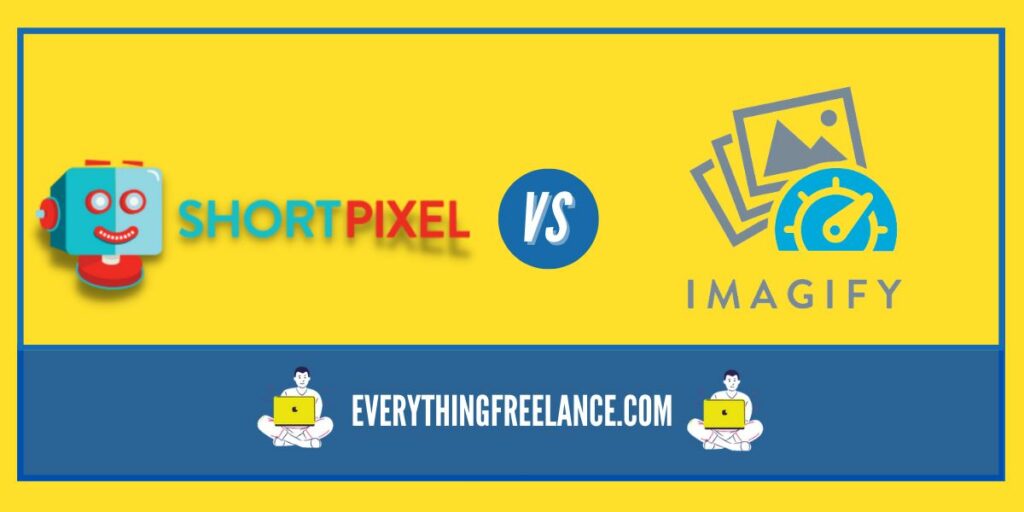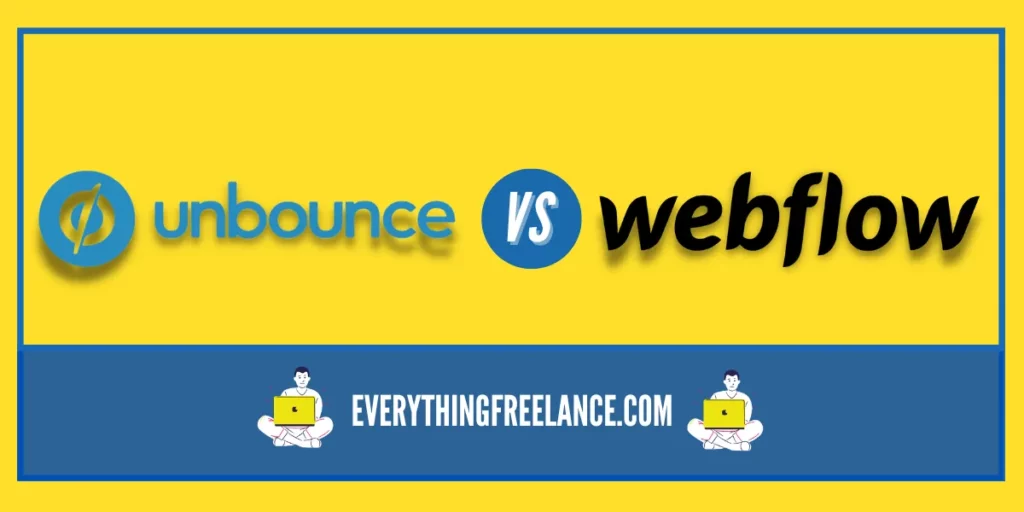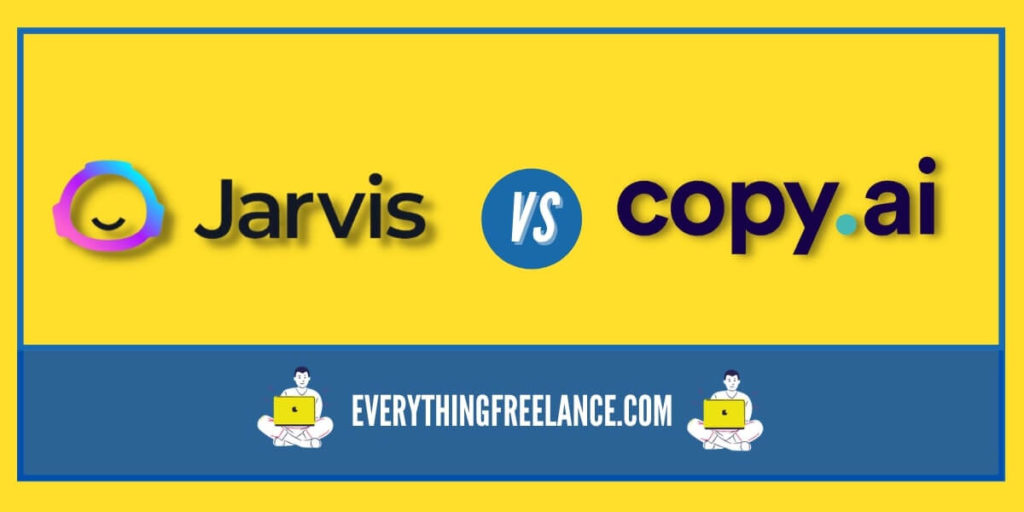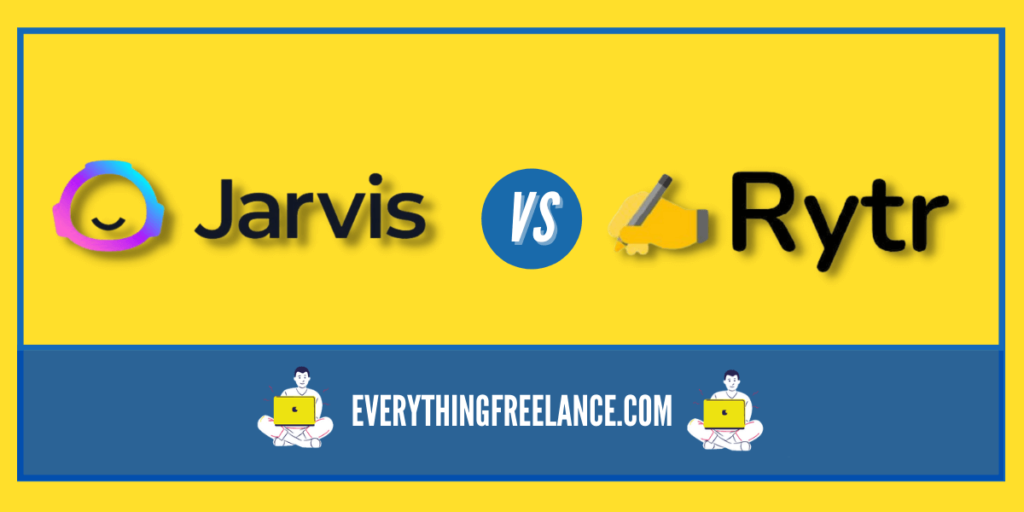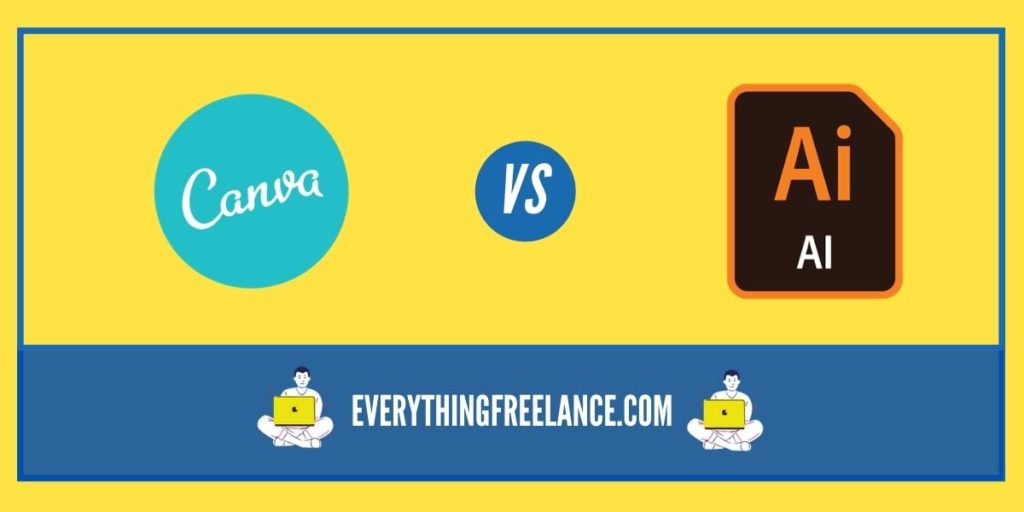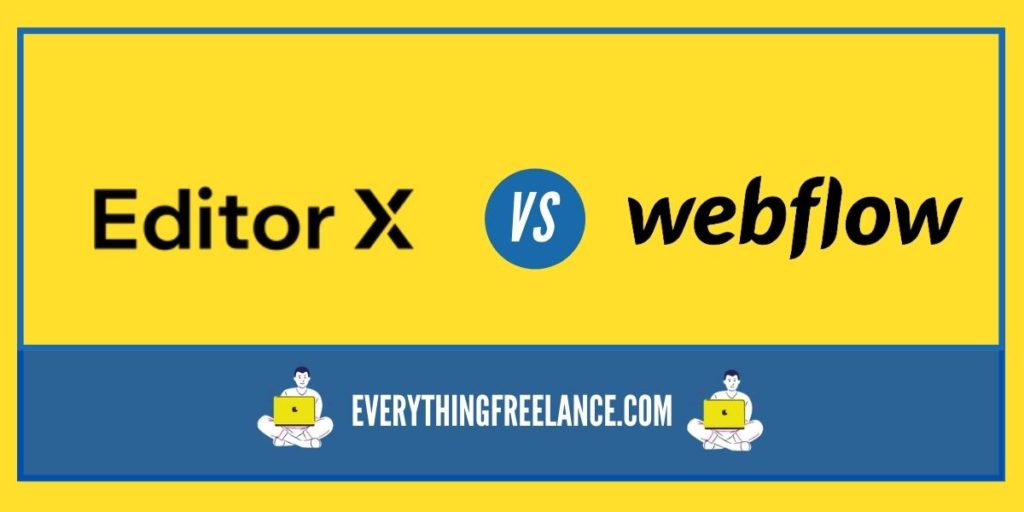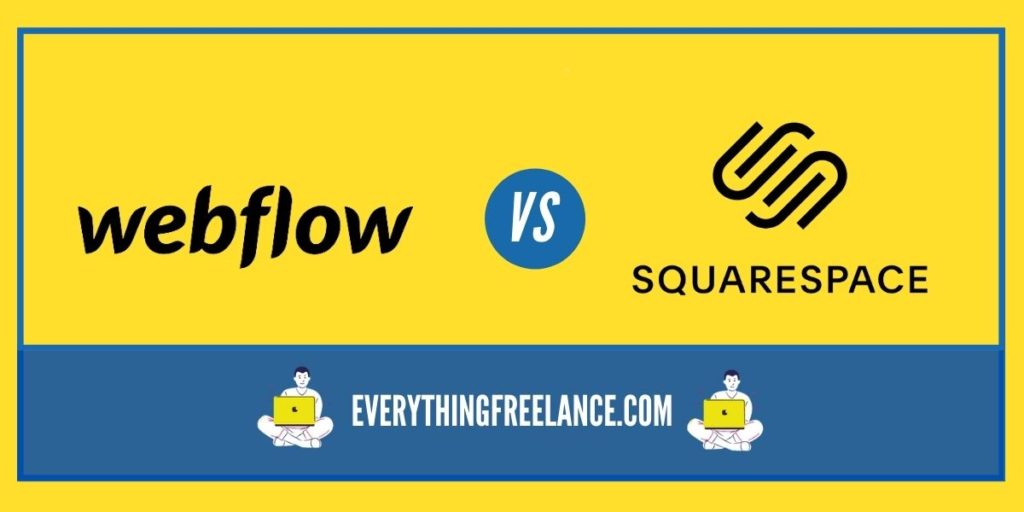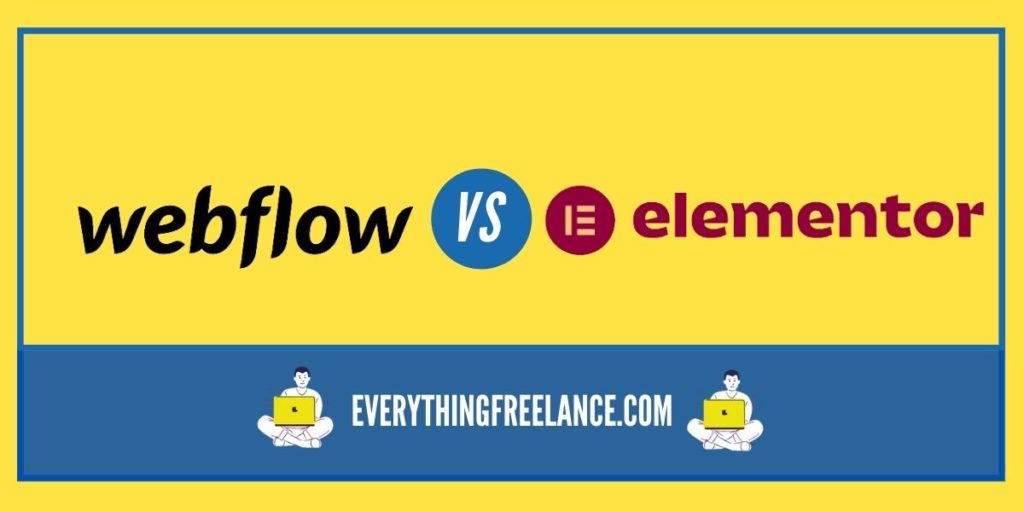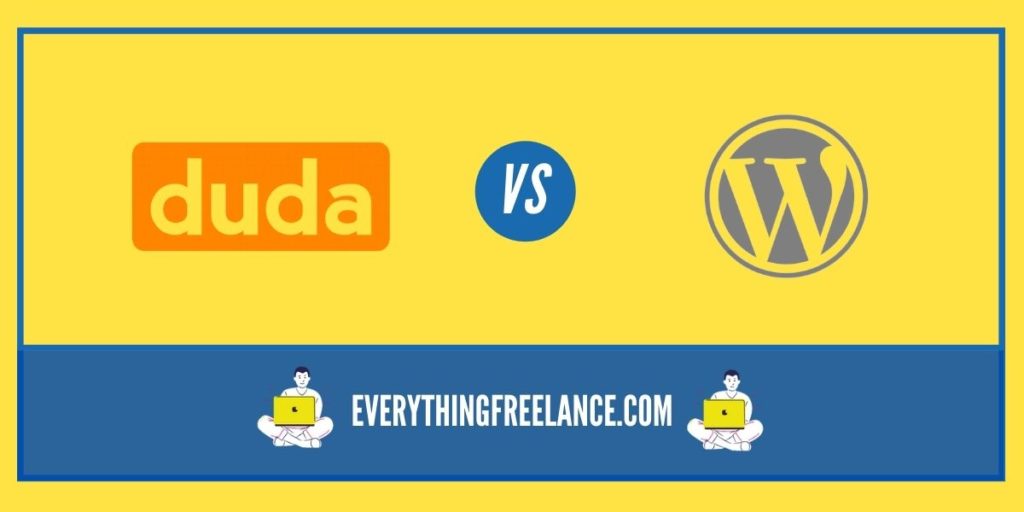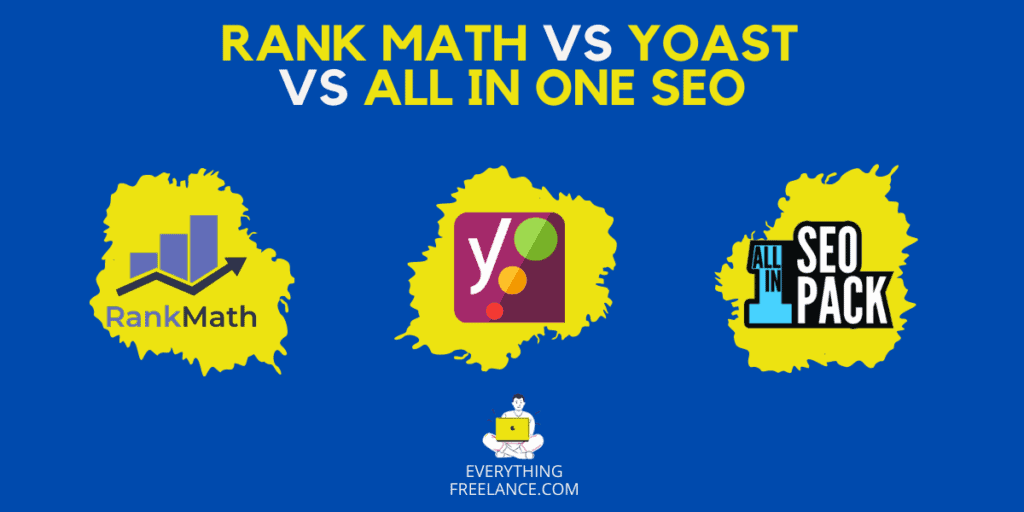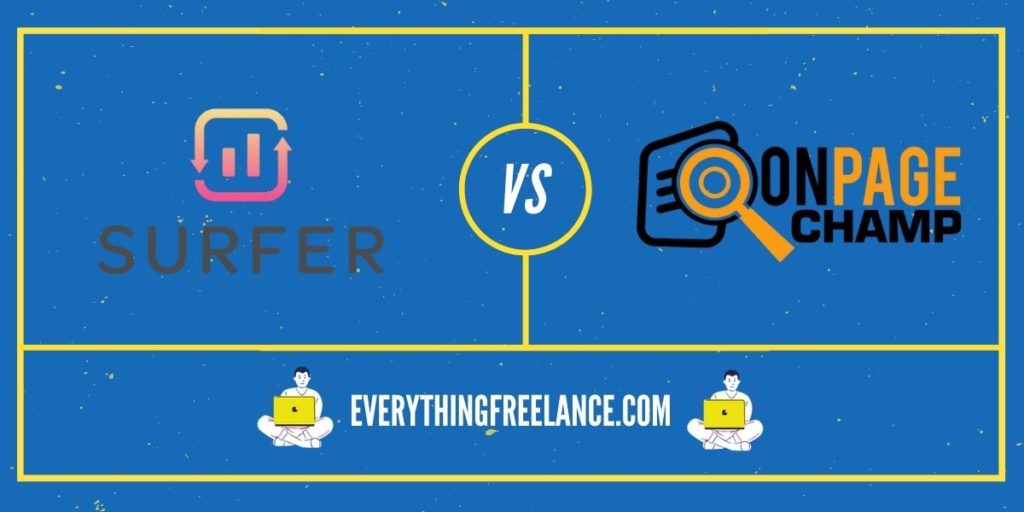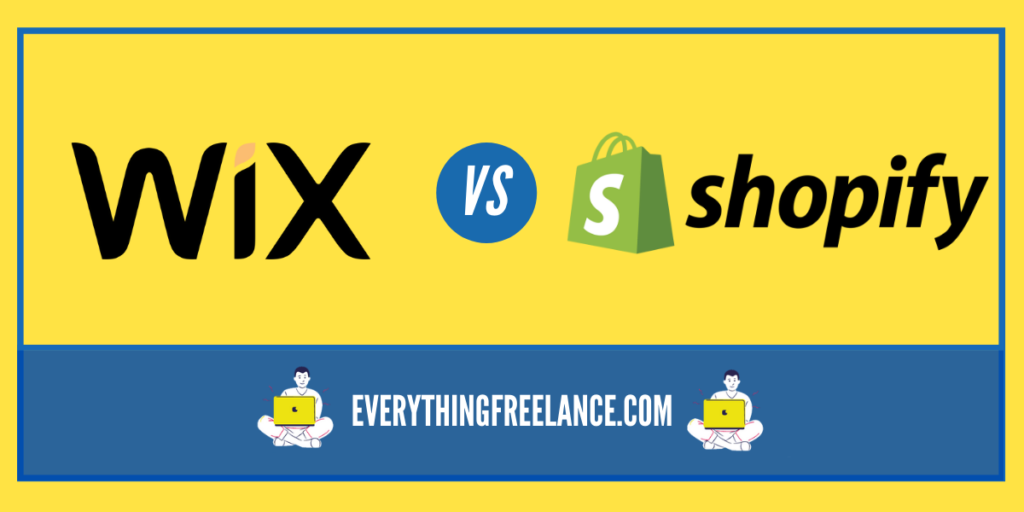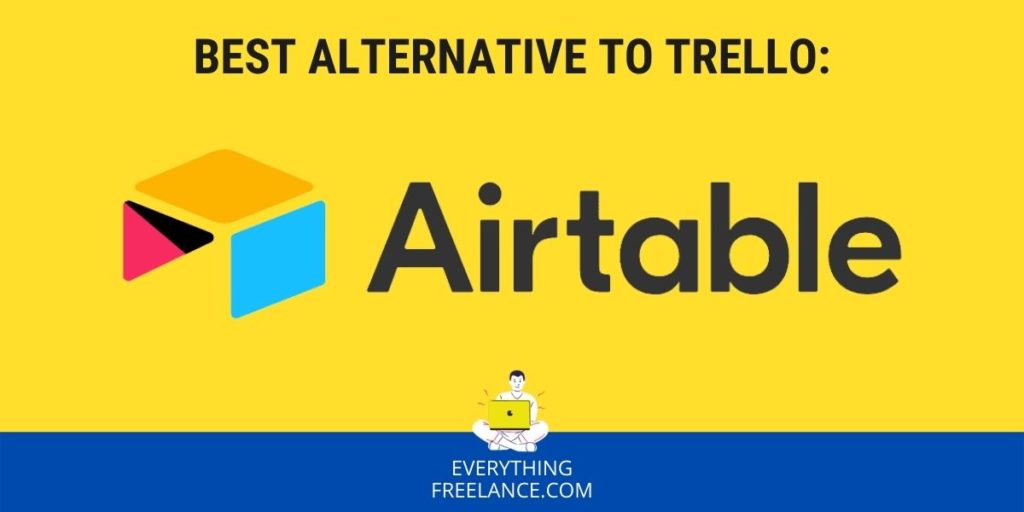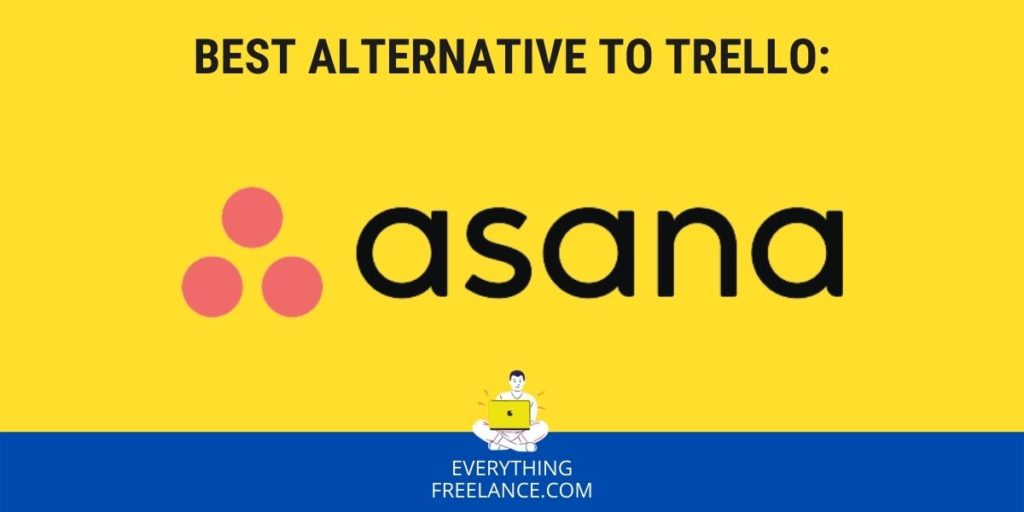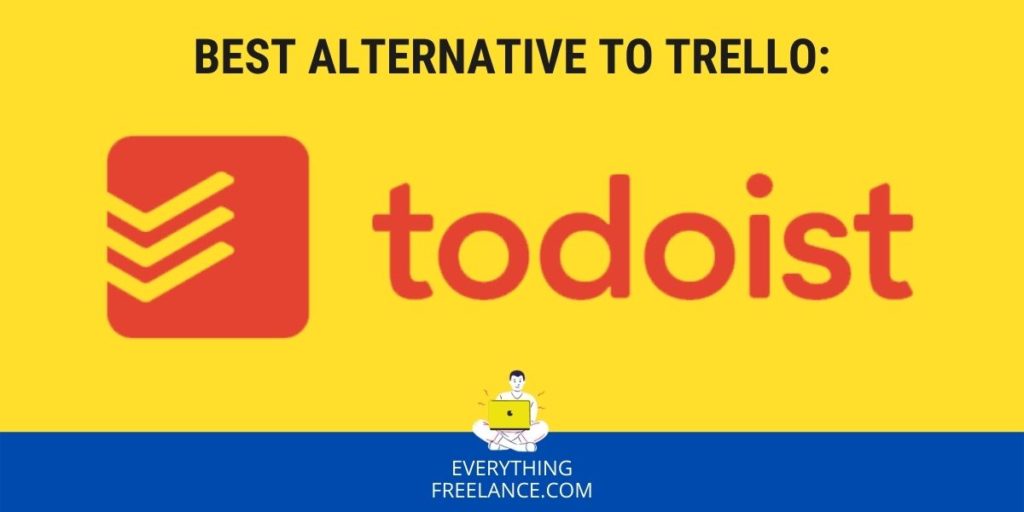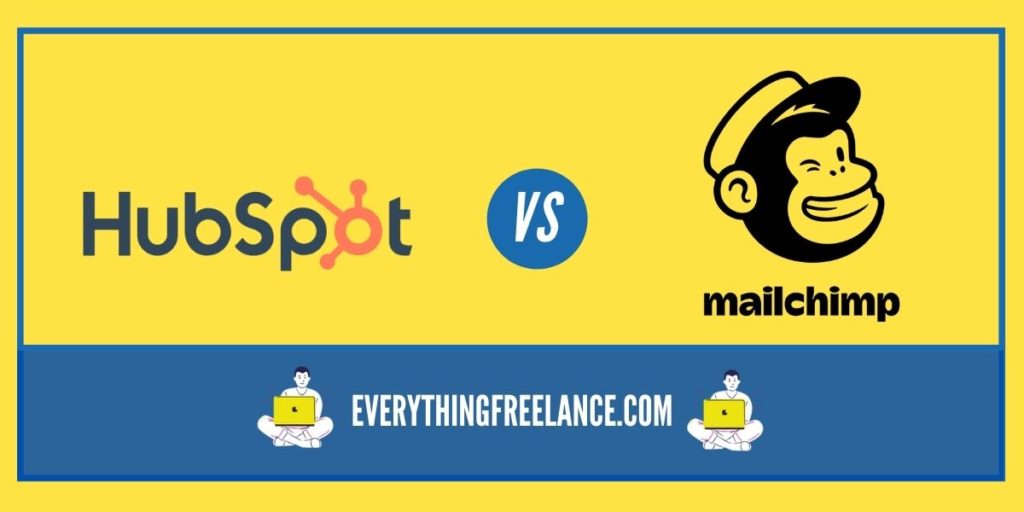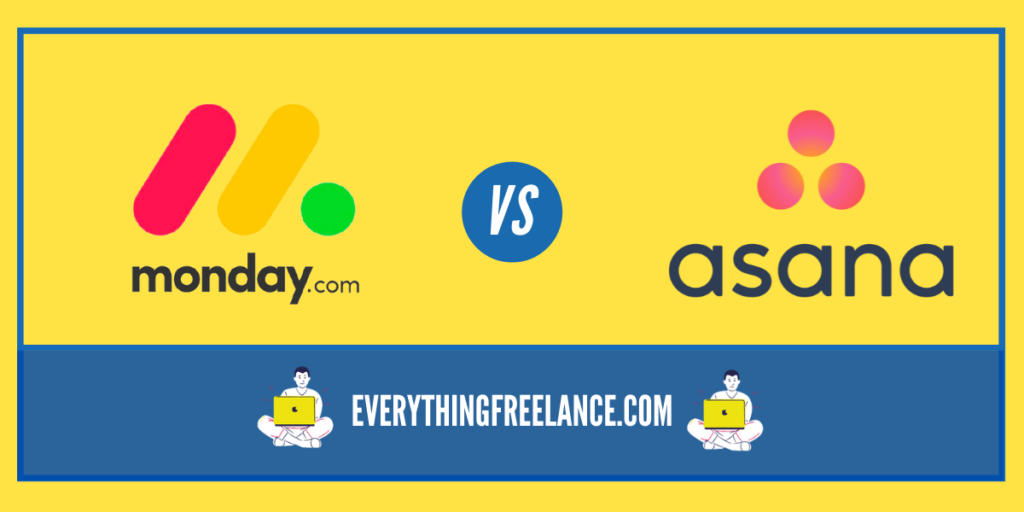Being a blogger or freelancer, you always look for multi-faceted tools that can help you execute a wide range of tasks efficiently. Using the right set of tools will lead you on the right track.
We all know how crucial SEO is, and without using the right set of tools, it can be challenging to stay on the right track. SEMrush and SimilarWeb are trending debates among SEO professionals.
SEMrush has been in the industry long ago, surprisingly SimilarWeb is giving a tough time to its competitors.
Well, if you are looking for the tool, this article will examine its key features and explore each tool. This will allow you to pick the best SEO tool for your company.
SEMrush Vs SimilarWeb -Difference:
SEMrush:
SEMrush is a product that helps you to optimize your website for search engines. SEMrush is used by over 7 million users, according to the company. It is the most popular SEO tool. Bloggers and marketing experts can check if their texts meet various content-quality requirements in just a few clicks.
SimilarWeb:
SimilarWeb tool estimates the total amount of traffic gets on different websites. SimilarWeb allows key metrics for any website, including engagement rate, traffic ranking, keyword ranking, and traffic source. With a single click, you can get depth statistics for any website you visit.
SEMrush Vs SimilarWeb – Key Features:
1. SEMrush- Key Features:
SEMrush software is a widely used SEO plugin. SEMrush provides help your page to get better and optimize it for SEO for better lead generation. Key features of SEMrush are;
2. Site Performance:
When you are running an SEO campaign, it will take some time. With SEMrush, you will get insight into your campaign’s performance. SEMrush tells you how your site is performing and how much traffic you obtain through organic means. If you are seeing it will show an increase or decrease in your website traffic.
3. Keep Existing Traffic:
When you obtain traffic, your goal should be to keep that traffic. With SEMrush, you can choose to track locations, monitor keyword positions, and connect to Google Analytics, and more to keep your traffic happy. SEMrush offers all the tools you need to keep your existing traffic satisfied while looking to attract new traffic.
4. Keyword Research:
A Keyword is an integral part of SEO. With SEMrush, you will find valuable keywords for your campaign. To find the right keyword you will conduct keyword research. This will help you to generate a list of keywords that your business can use.
5. Backlinks:
Backlinks are a very crucial part of your online presence. These links are obtained from authority sites. Which helps to improve the authority and trust of your site. Google trusts your site when you earn backlinks from established sites. This will help to earn more valuable backlinks with SEMrush.
6. Understand your competitors:
When you run an SEO campaign, a huge part of your strategy revolves around monitoring your competition. With SEMrush, you can have an eye on your competitors. What they are doing with their SEO campaign. This will help you to improve your SEO campaign as you can outperform them.
You can learn from your competitors if they have keywords that are successful in driving traffic, you can take advantage of this and implement those keywords into your own plan.
SimilarWeb – Key Features:
SimilarWeb is a good website analytical platform. It can help you with some aspects of SEO. Key features of the SimilarWeb are;
1. Keyword Research:
SimilarWeb SEO has a powerful keyword research tool that can be used to find target keywords and sort them based on parameters. It can also be used to monitor the search traffic trends in your niche.
2. Competitive Analysis:
SimilarWeb also has some competitor analysis and benchmarking features just like SEMrush.it allows you to benchmark your traffic with competitors. SimilarWeb allows you to analyze competitors’ backlinks.
3. Referral Research:
It is similar to the SEMrush backlink analysis tool and provides comprehensive referral traffic analysis. SimilarWeb uses this to find, analyze, and optimize your backlinks and affiliates. It can also conduct a referral traffic analysis for your competitors’. SimilarWeb is a good tool for basic backlink analysis and optimization.
4. Traffic Sources:
SimilarWeb shows the breakdown of site traffic coming from other channels like Direct, referrals, Search, Email, and Display advertising. This feature provides useful information which you can use to help determine where you should focus on your content marketing efforts.
5. Creative Research and Media Buying:
This feature provides an opportunity to analyze competitors’ campaigns and ad creatives in detail. You can use it as what works for them and improve your own ad campaign. In SimilarWeb, you can set the benchmark of your ad campaigns against that of your competitors. The main feature of this tool is that users can use it to find top-performing publishers and ad networks that you can use for your ad campaigns.
SEMrush Vs SimilarWeb -Pricing:
SEMrush Pricing:
SEMrush offers three different plans, which are; pro, Guru, and business. The prices are;
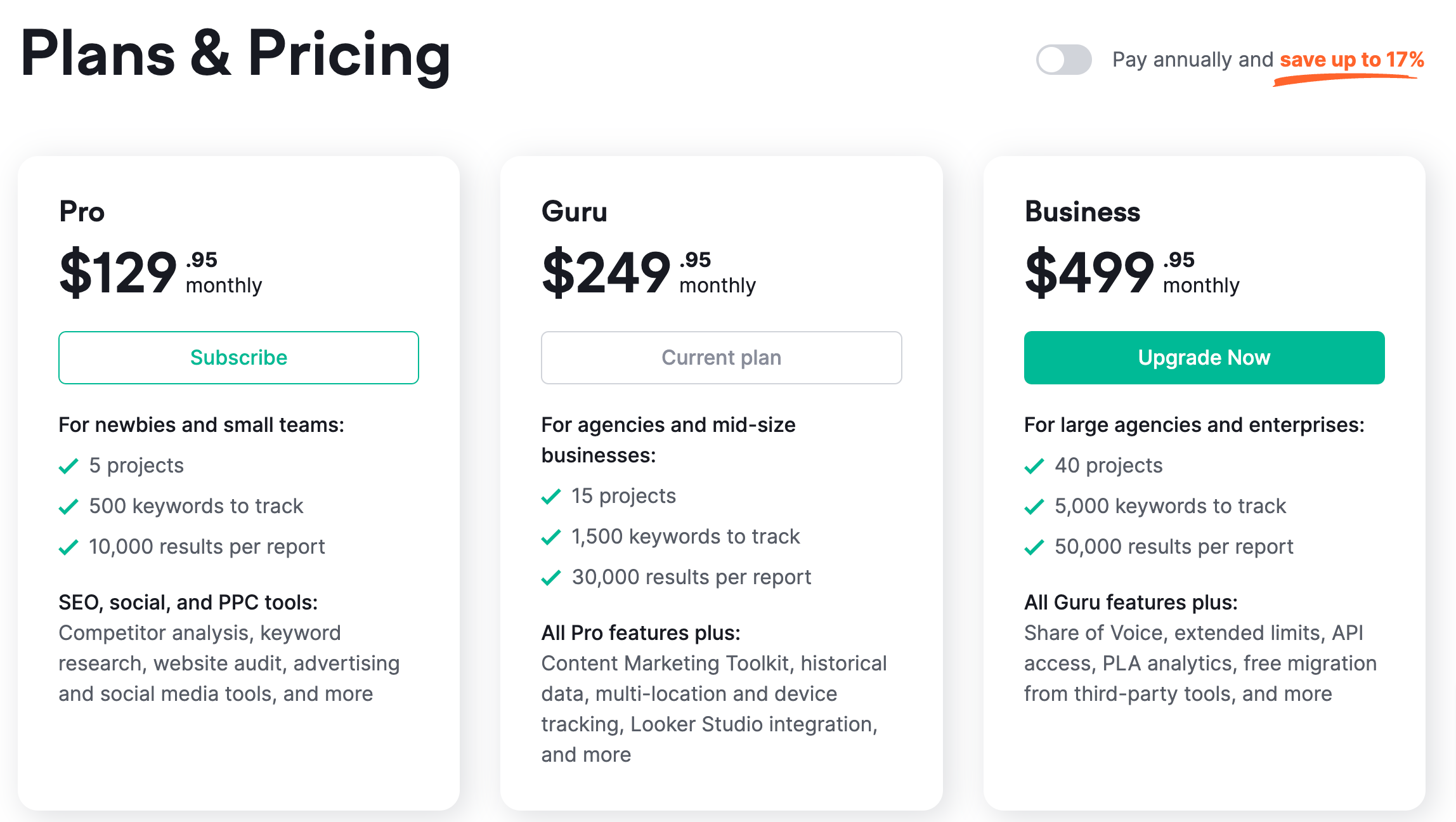
SimilarWeb Pricing:
SimilarWeb offers two types of plans one is a free version and the other is an enterprise (custom Plans). The image shows the rest.
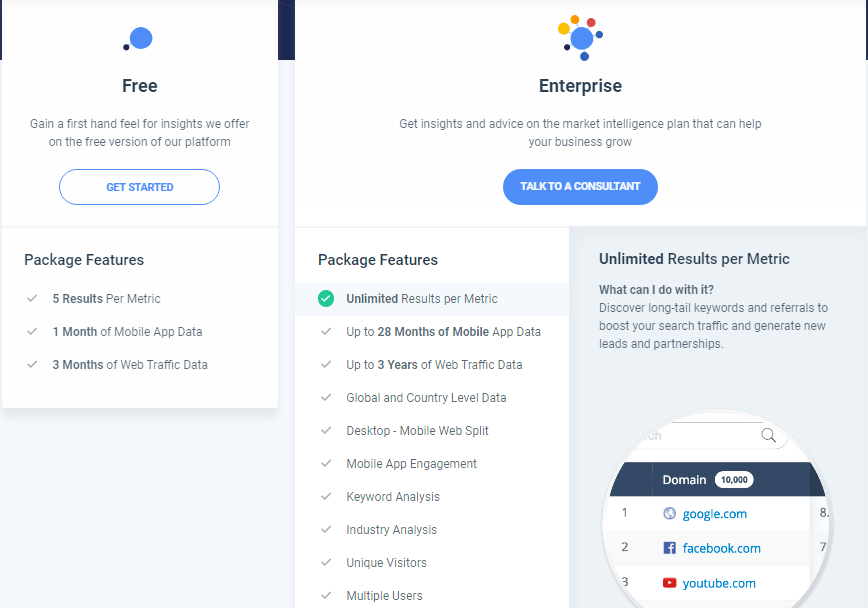
Pros and Cons of SEMrush Vs SimilarWeb:
SEMrush Pros and Cons:
Pros:
- Intensive keyword research
- Reasonably priced
- Provide detailed information about visitors
- Help identify toxic elements
- One-stop solutions
Cons:
- Not a user-friendly interface
- Too big to handle
- Inaccurate Ad spend Data
SimilarWeb Pros and Cons:
Pros:
- Displays comprehensive and useful overview.
- Free version available on the site
- Excellent user interface
- Cost-effective
- Provides organic keywords.
Cons:
- You have to pay if you want more features
- Doesn’t include all paid media
- Number of unique visitors is not available.
Wrapping Up:
Everyone knows data is a treasure. Data can be used for making massive changes to your work. SEO is a crucial method to help your business obtain valuable leads. SEO plugins are very solid tools that give you all the key data you need for a successful SEO project. You need a proper plan to optimize to help your business succeed.
By comparing all the features of both SEMrush and SimilarWeb they both are handy. They have all the features that are helpful for doing keyword research, backlink analysis, to increase traffic on your site.


